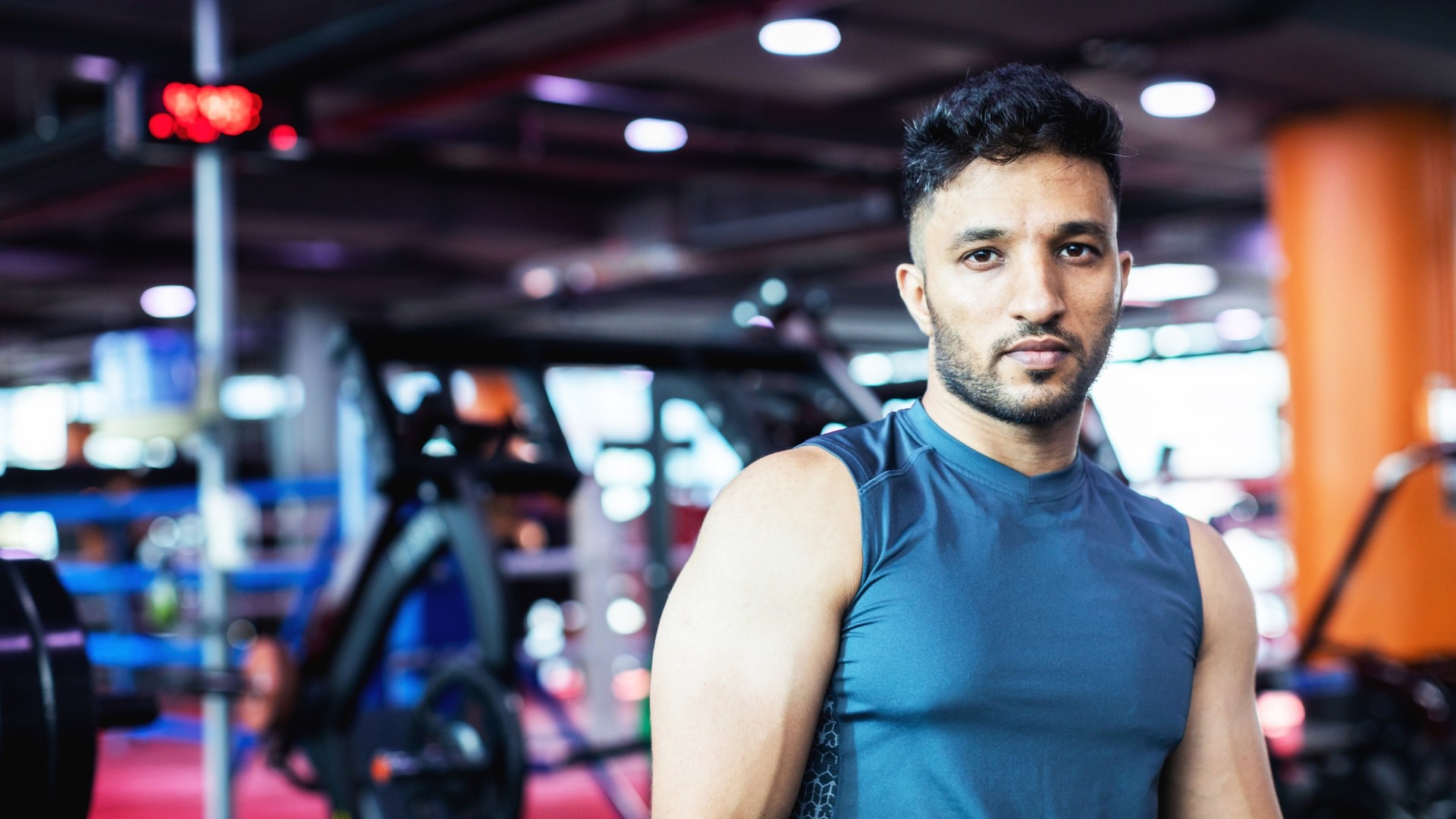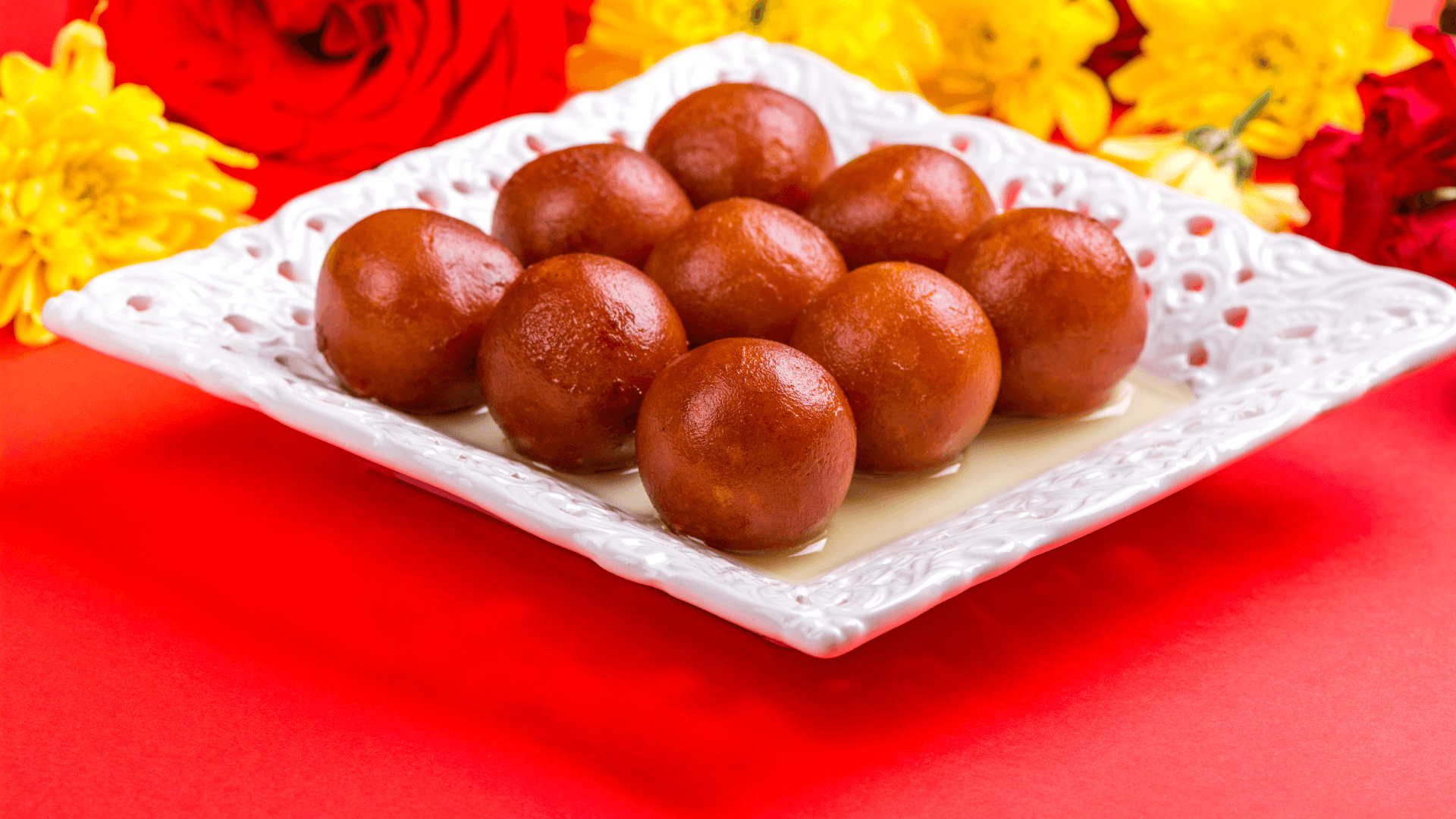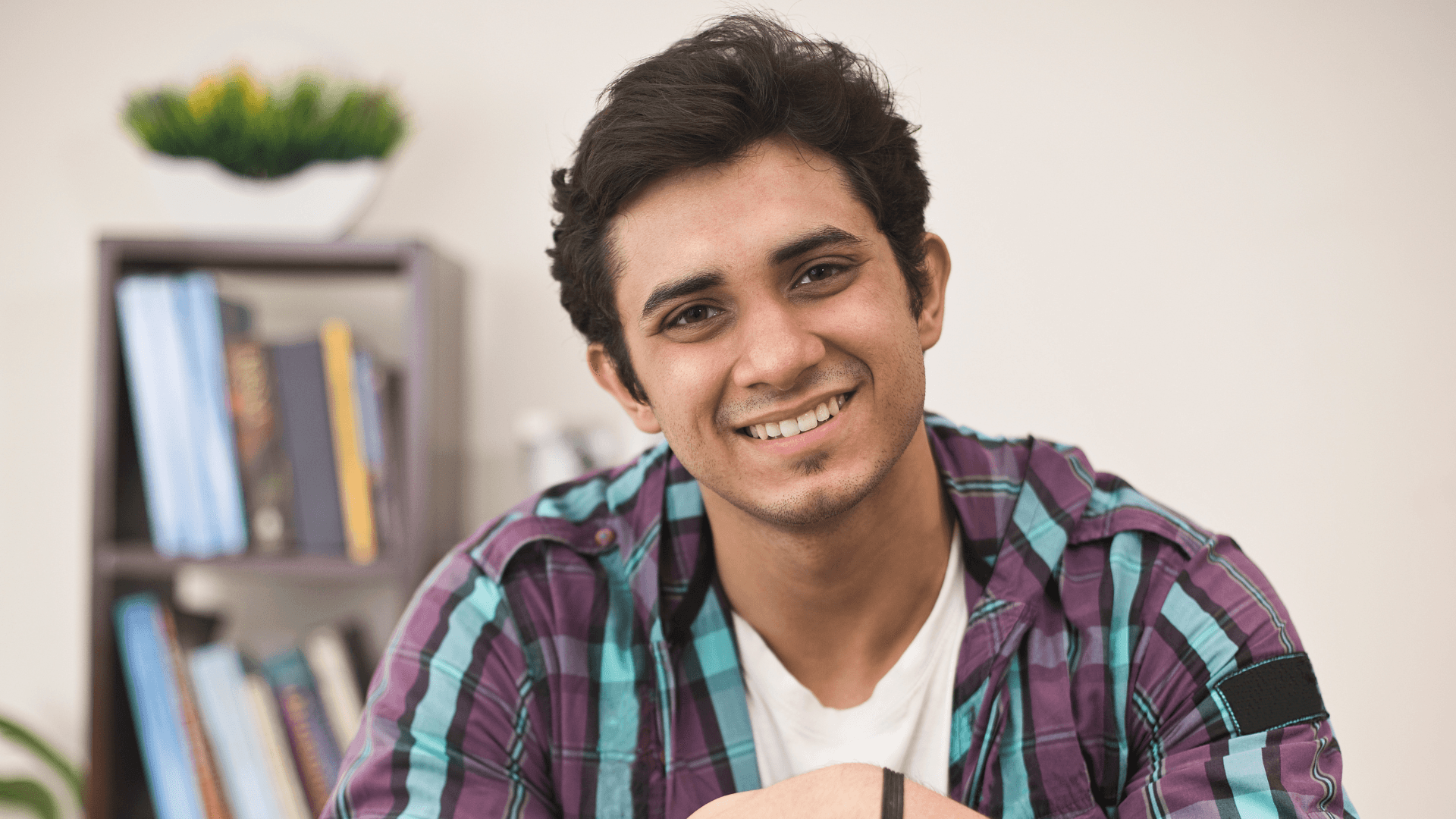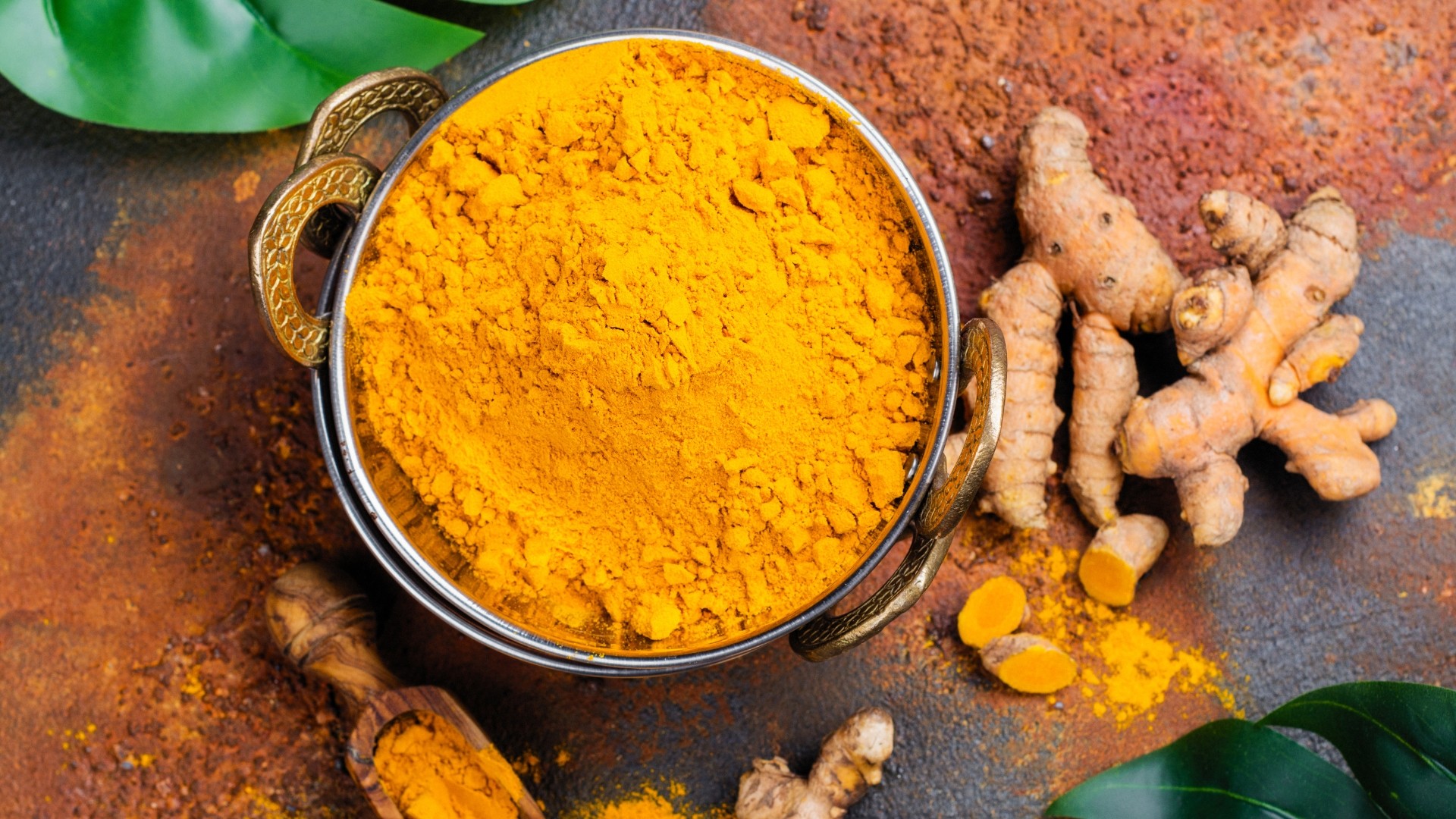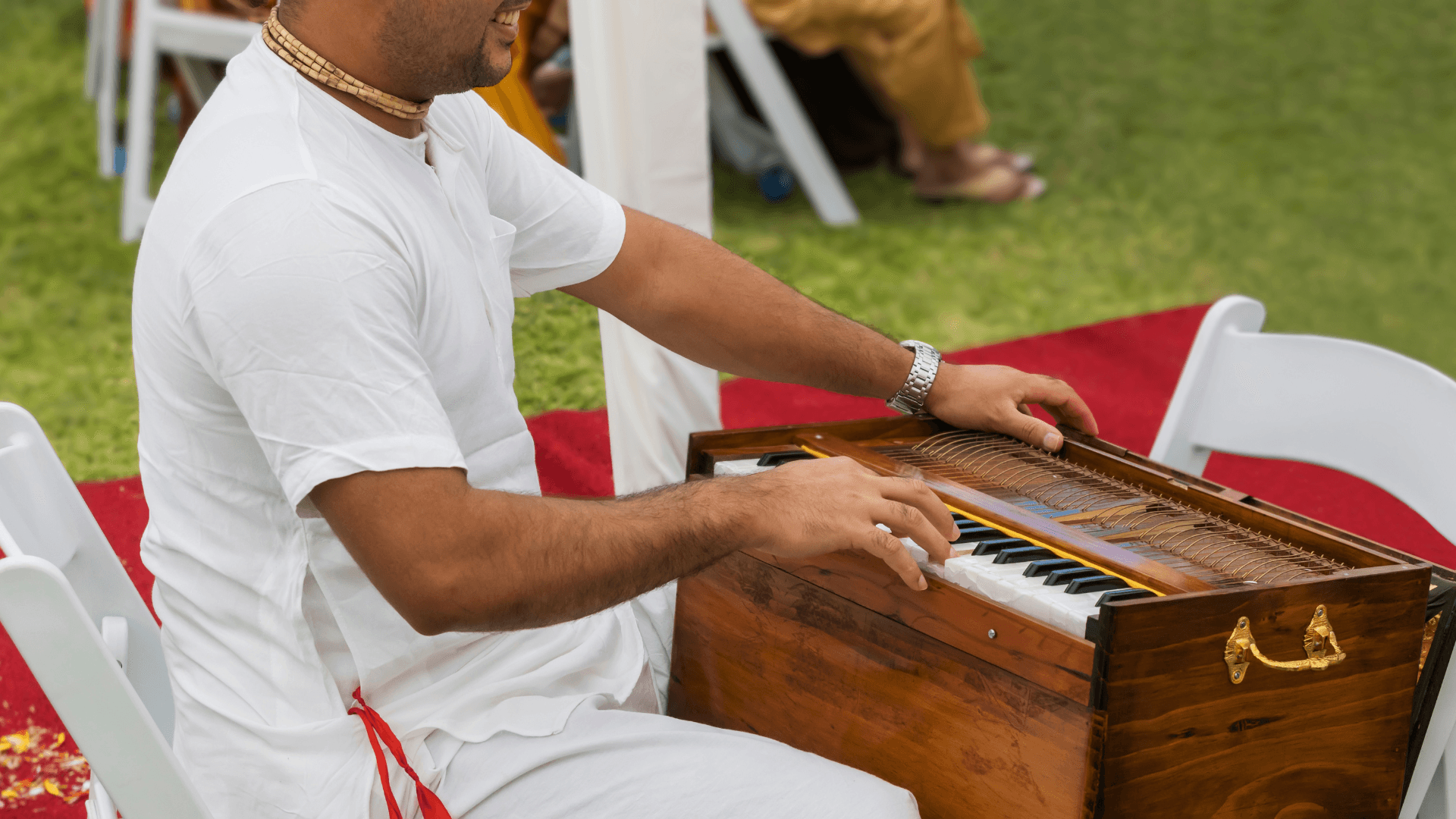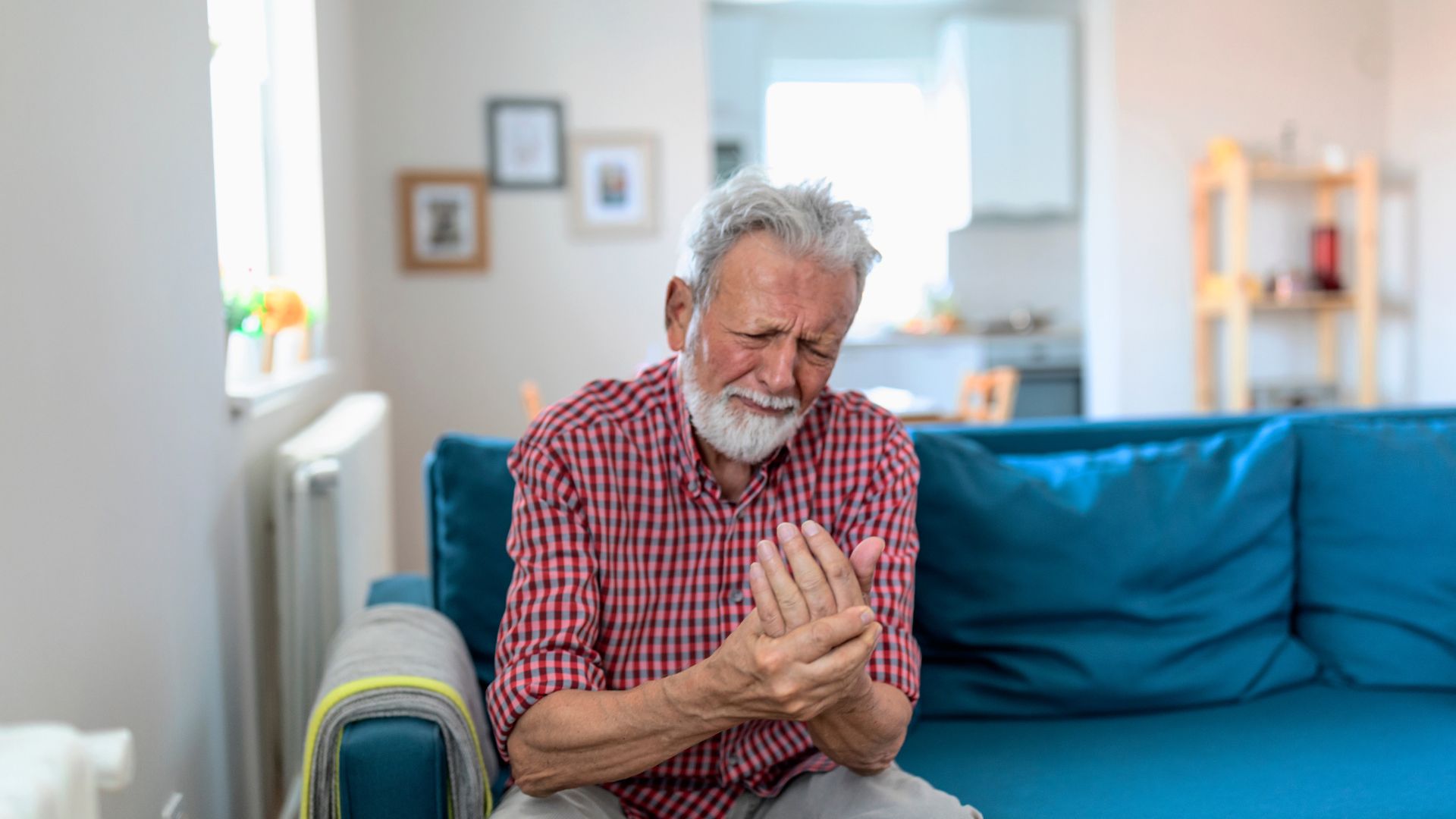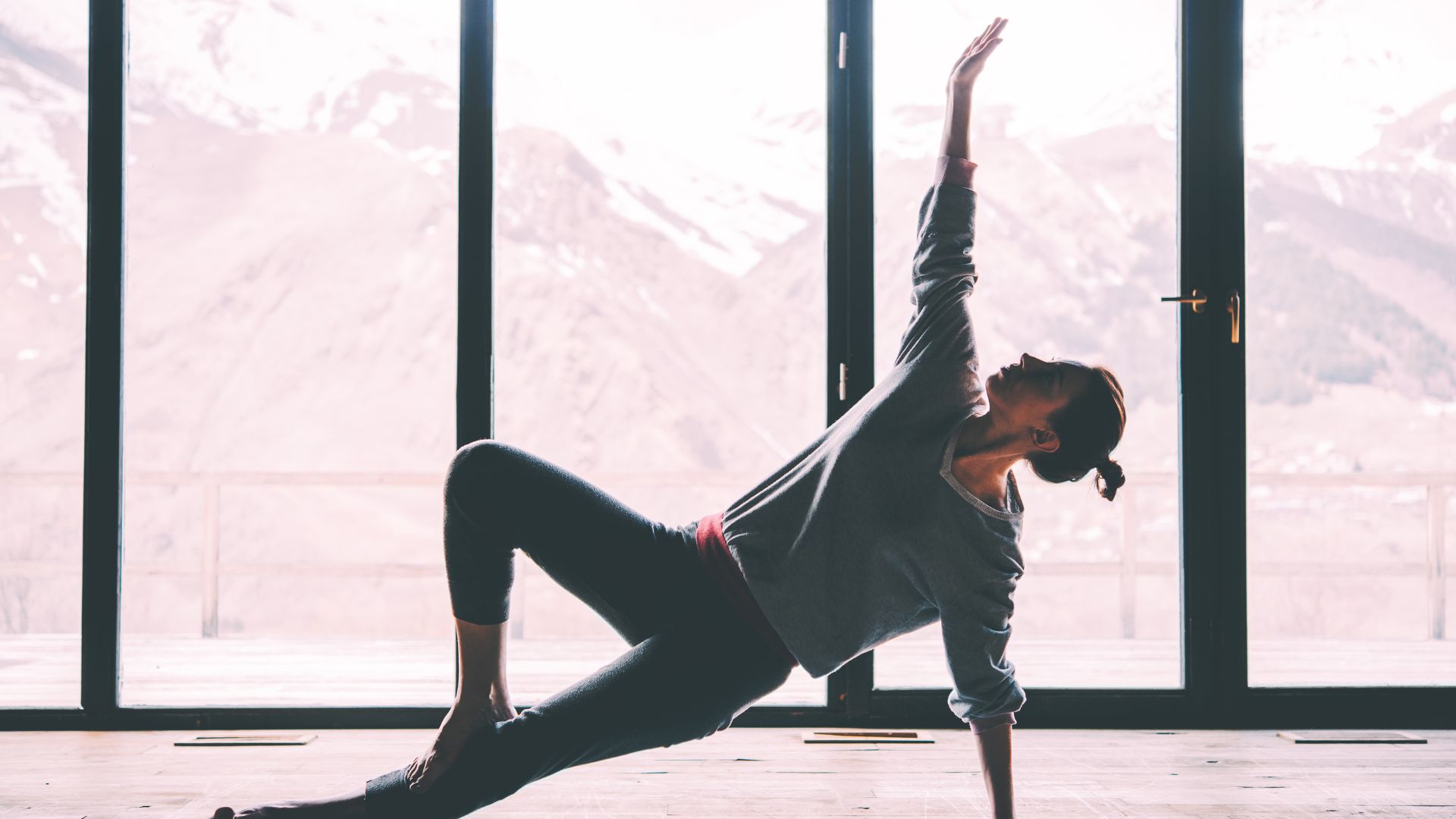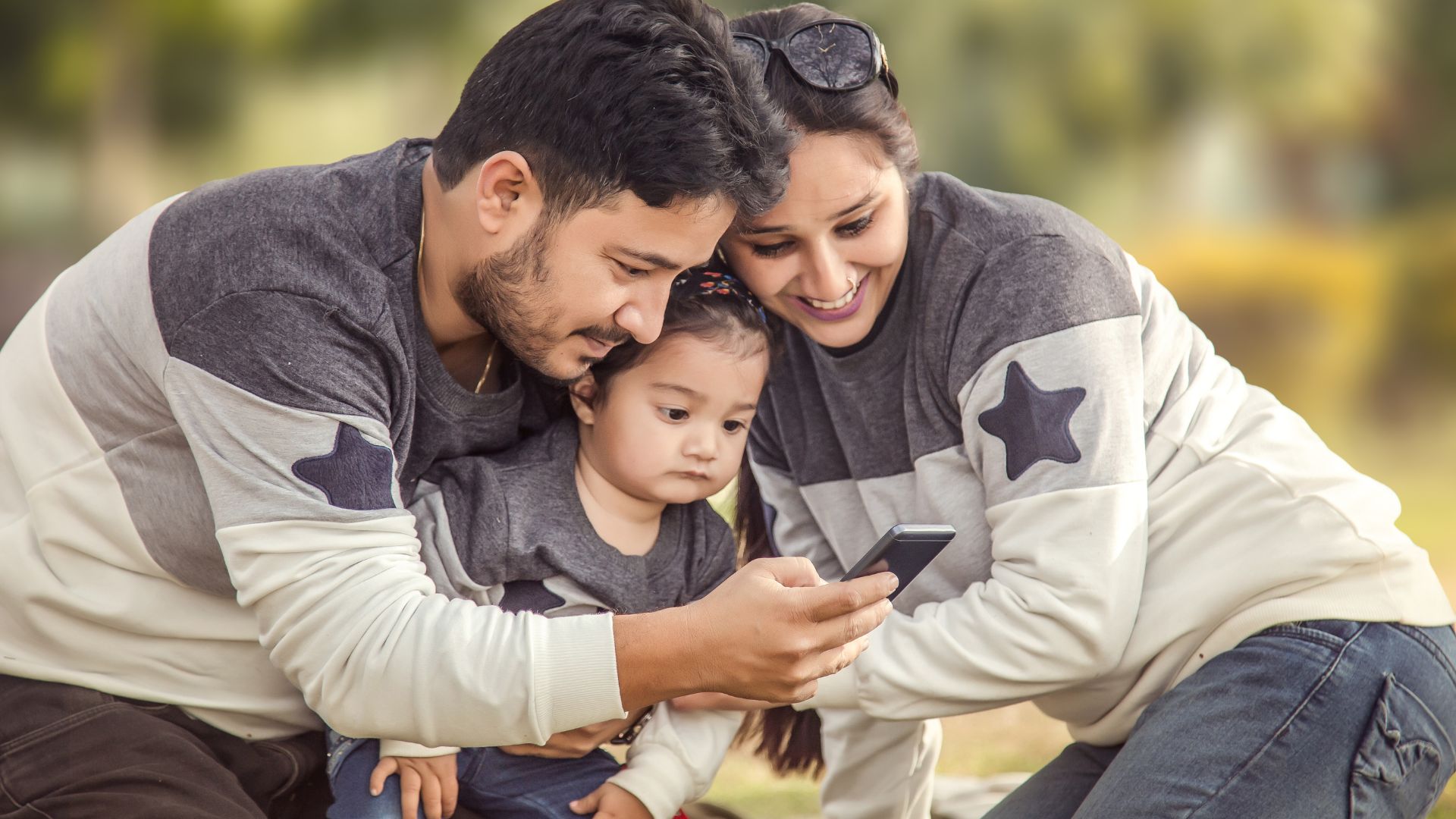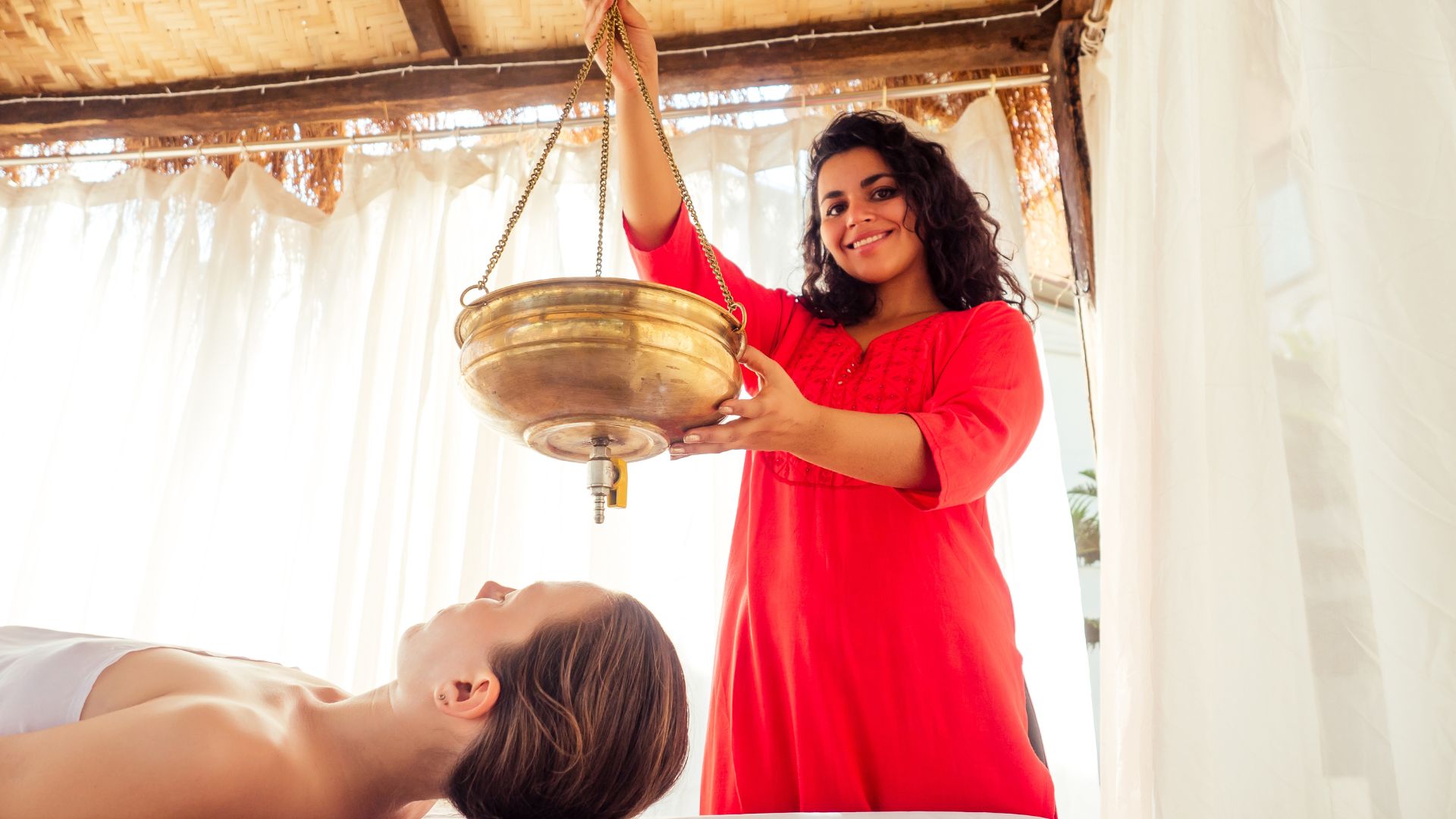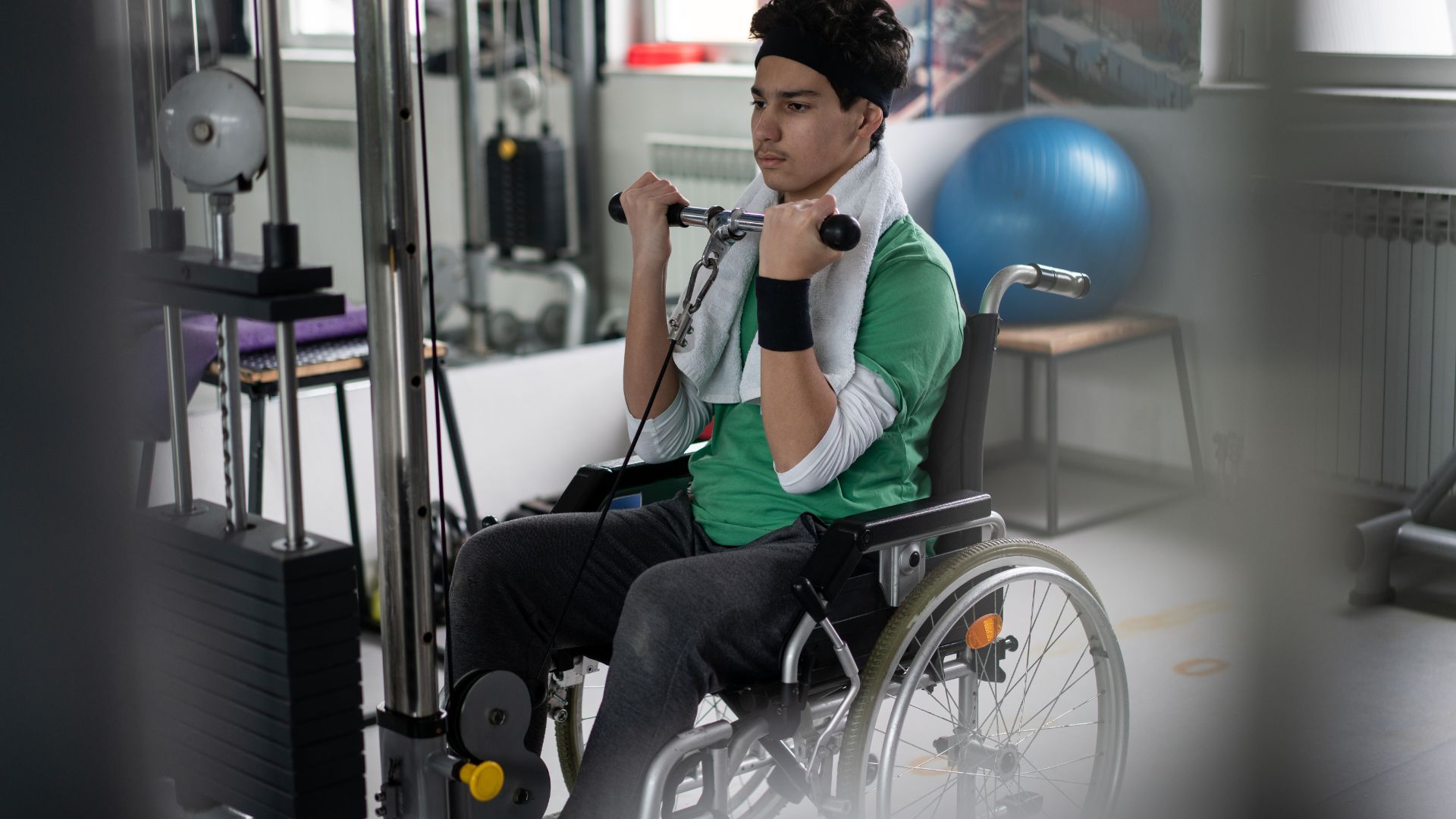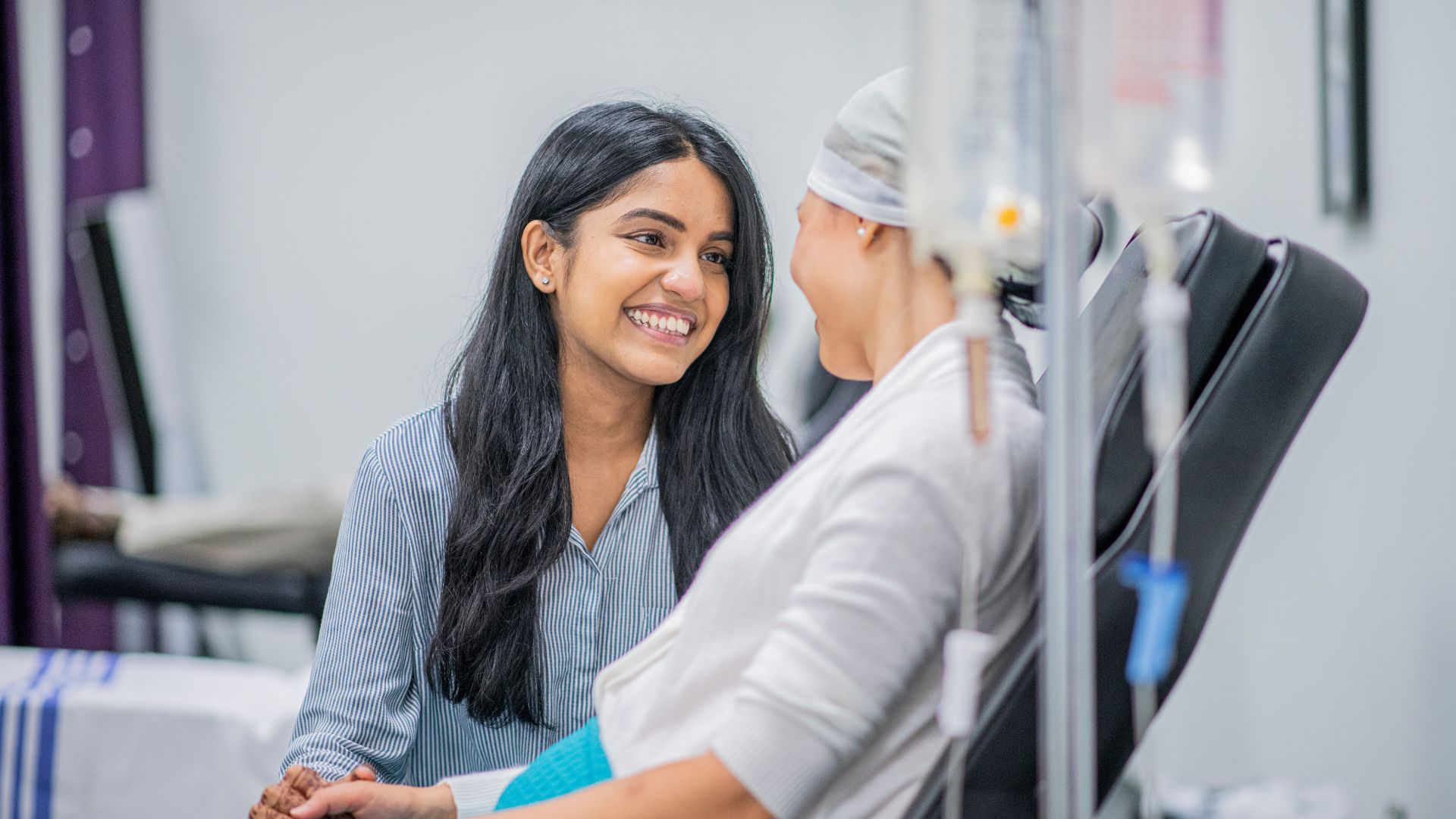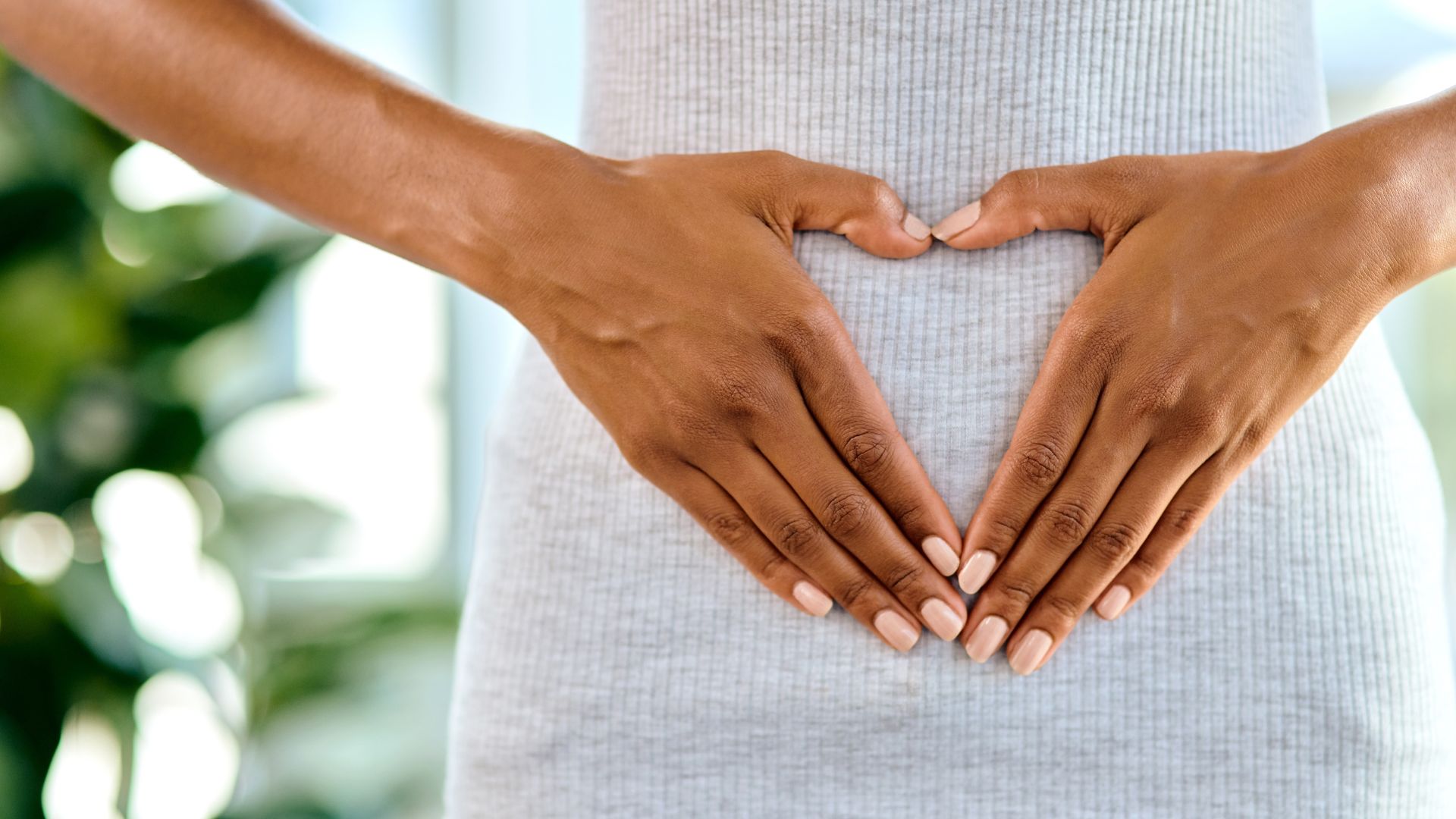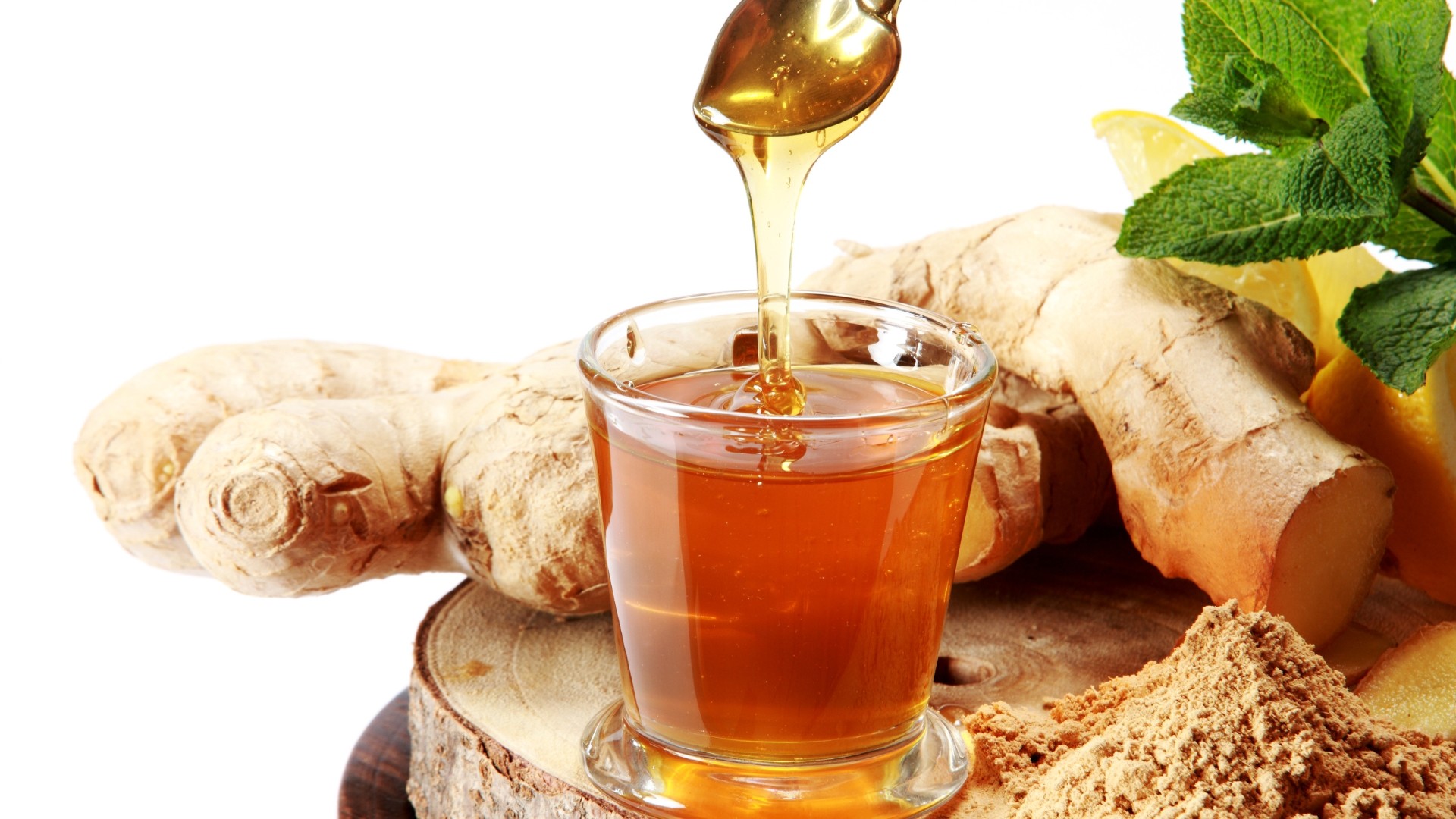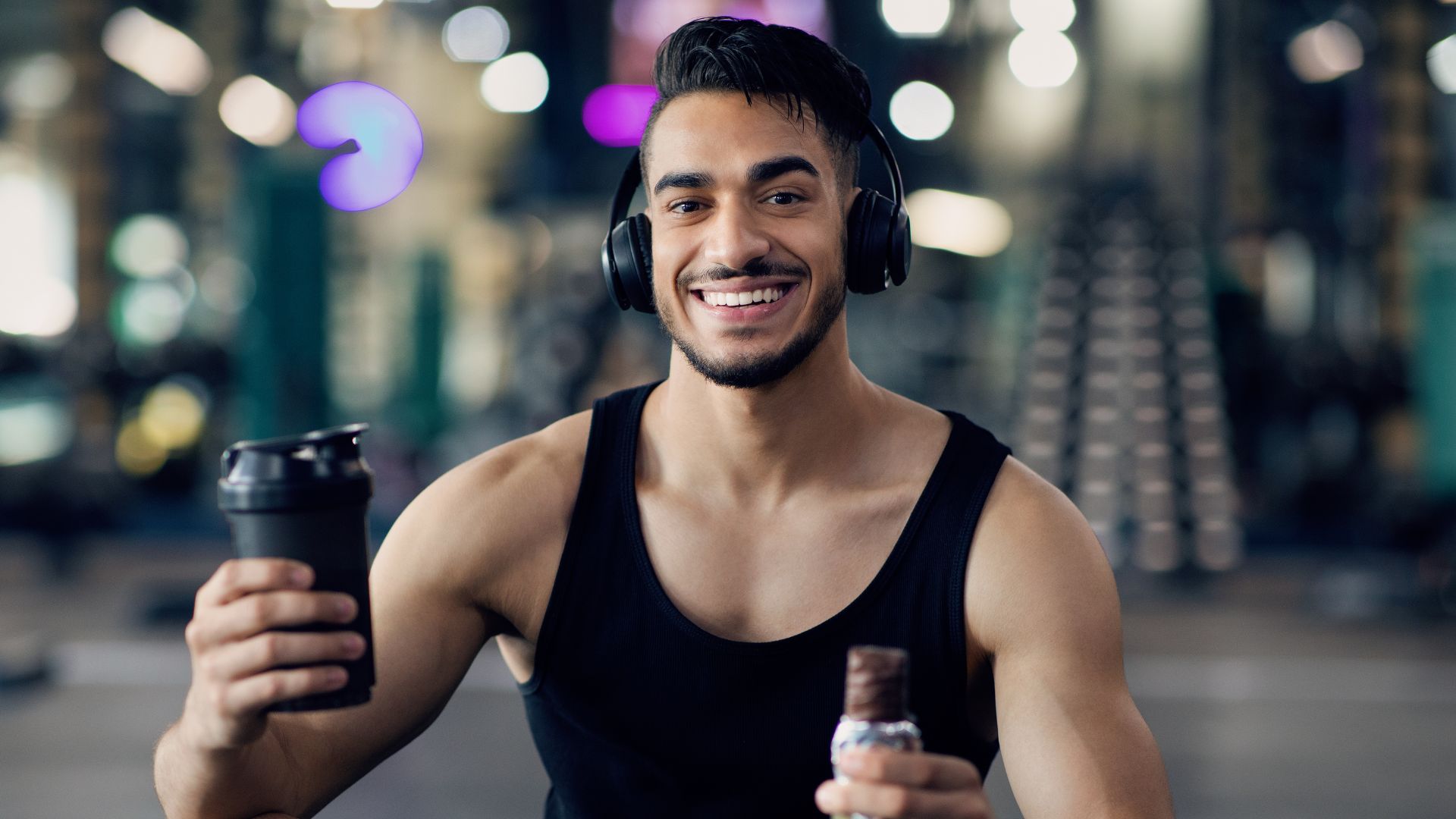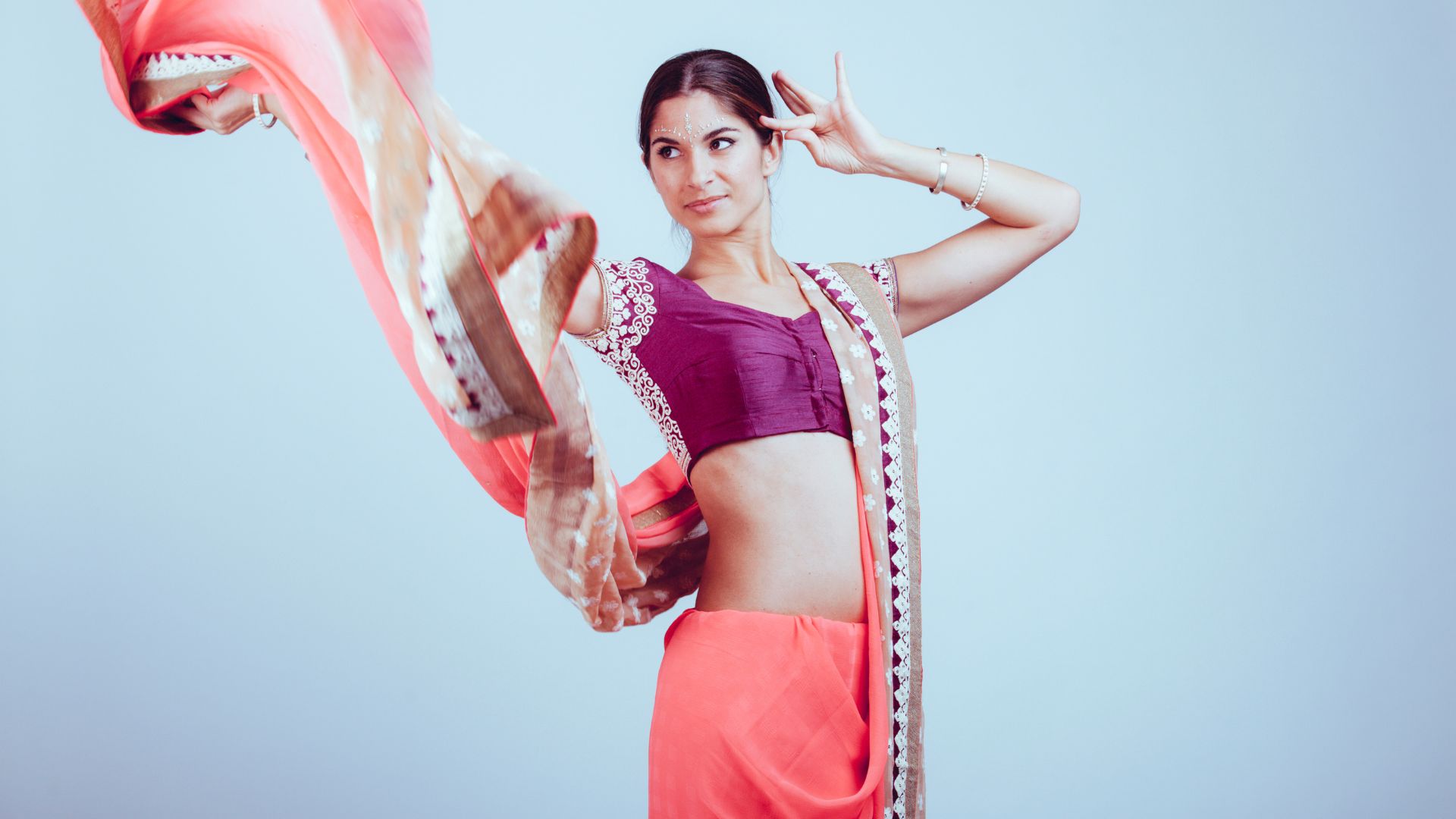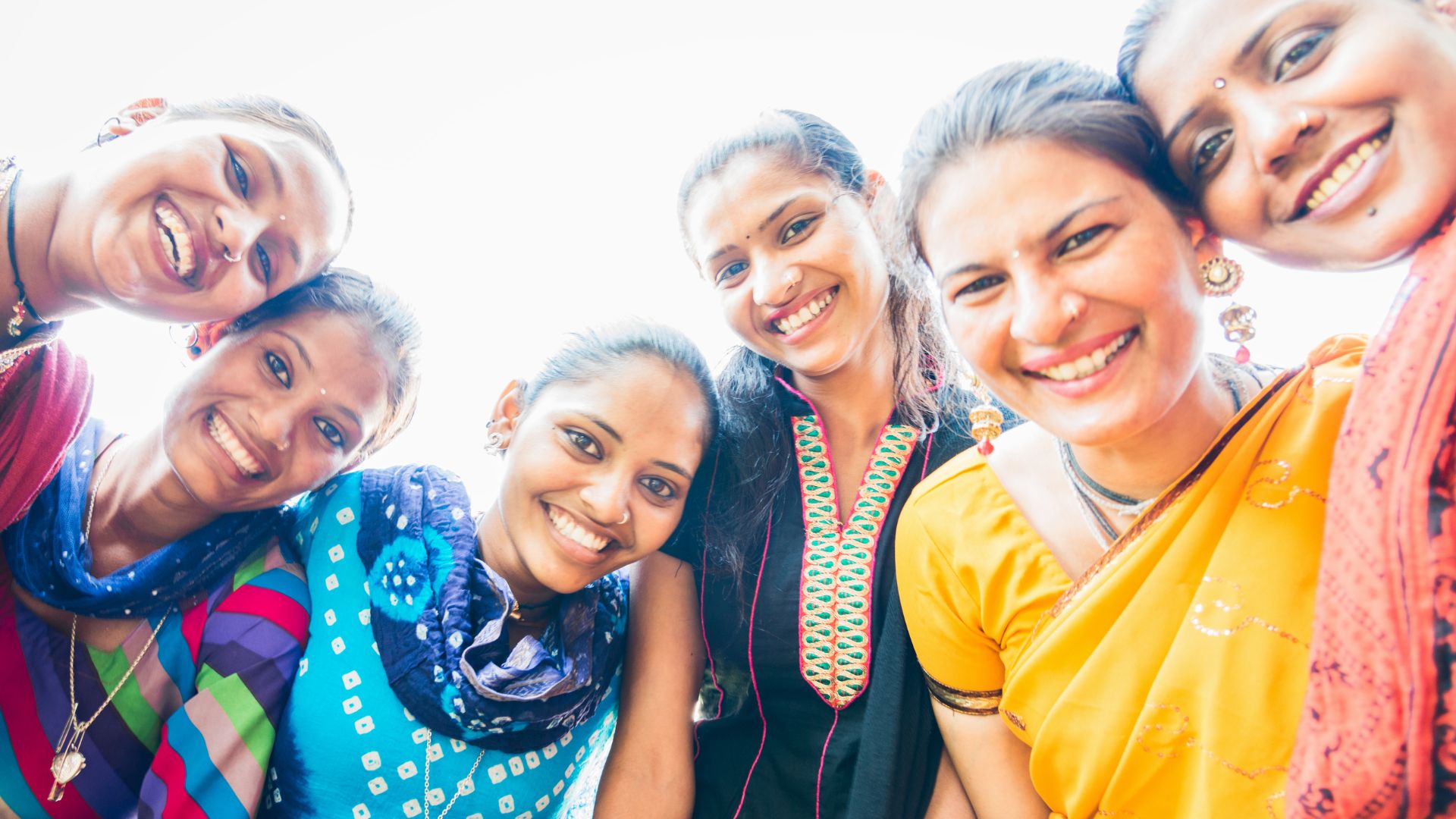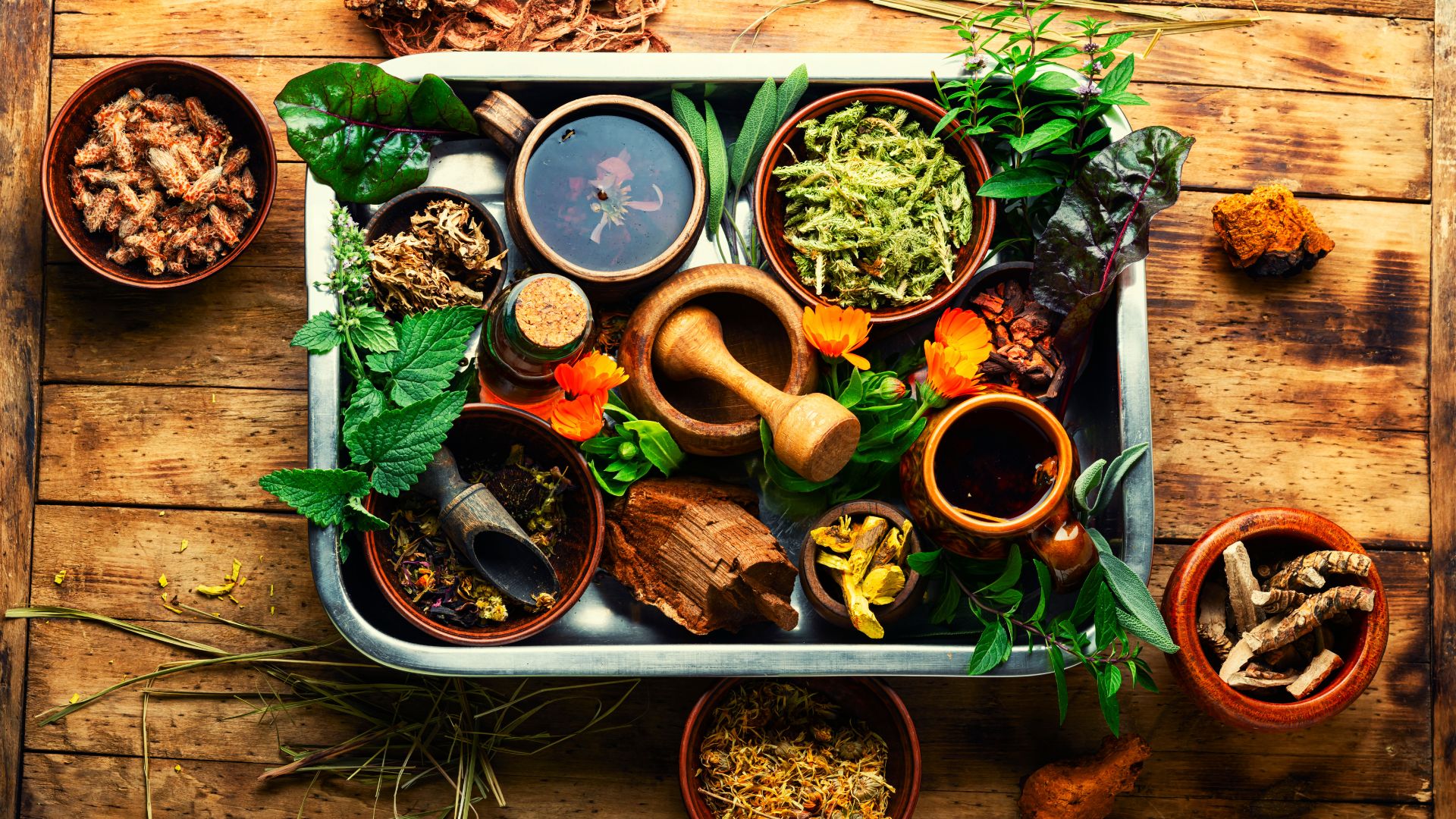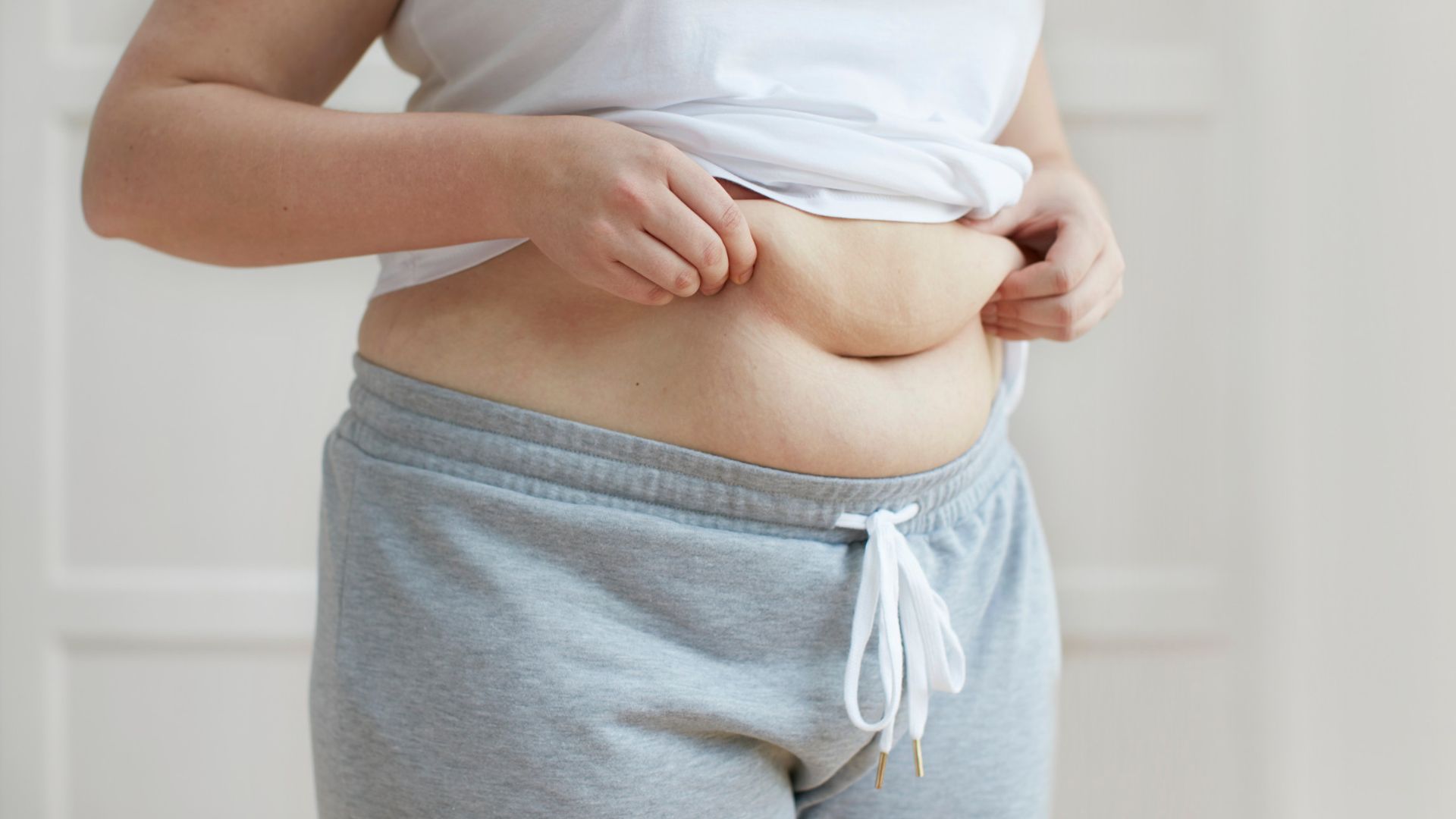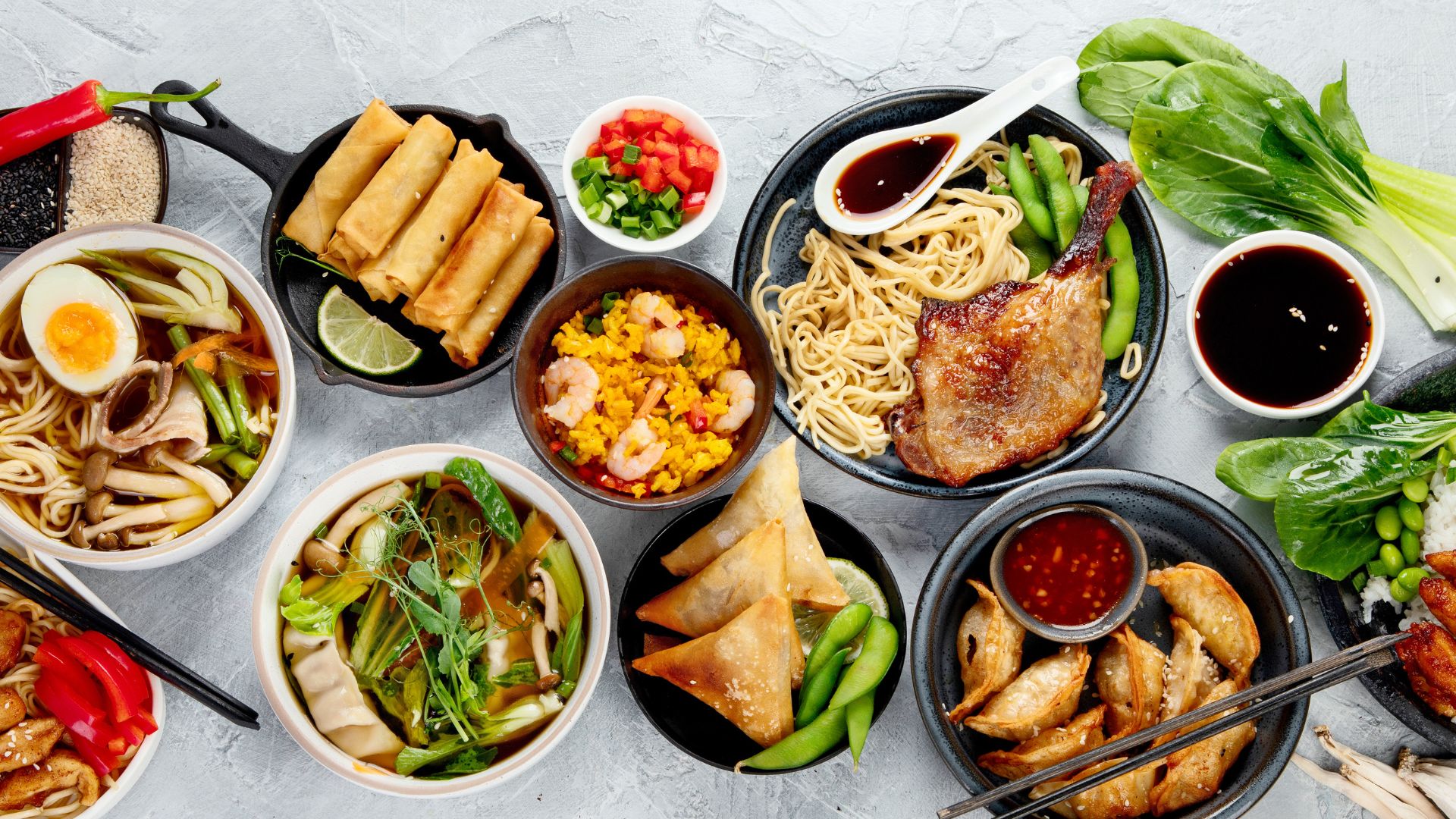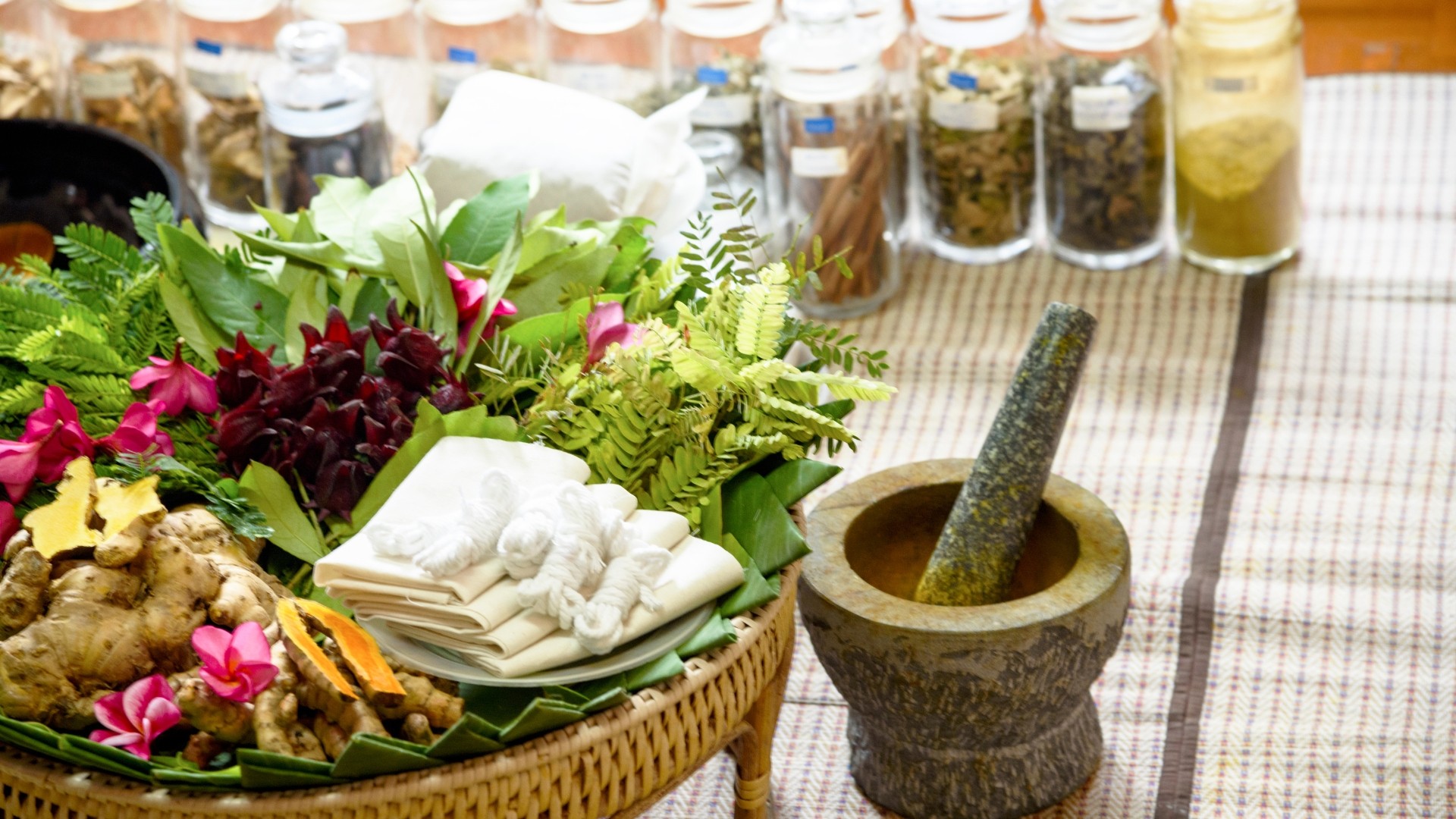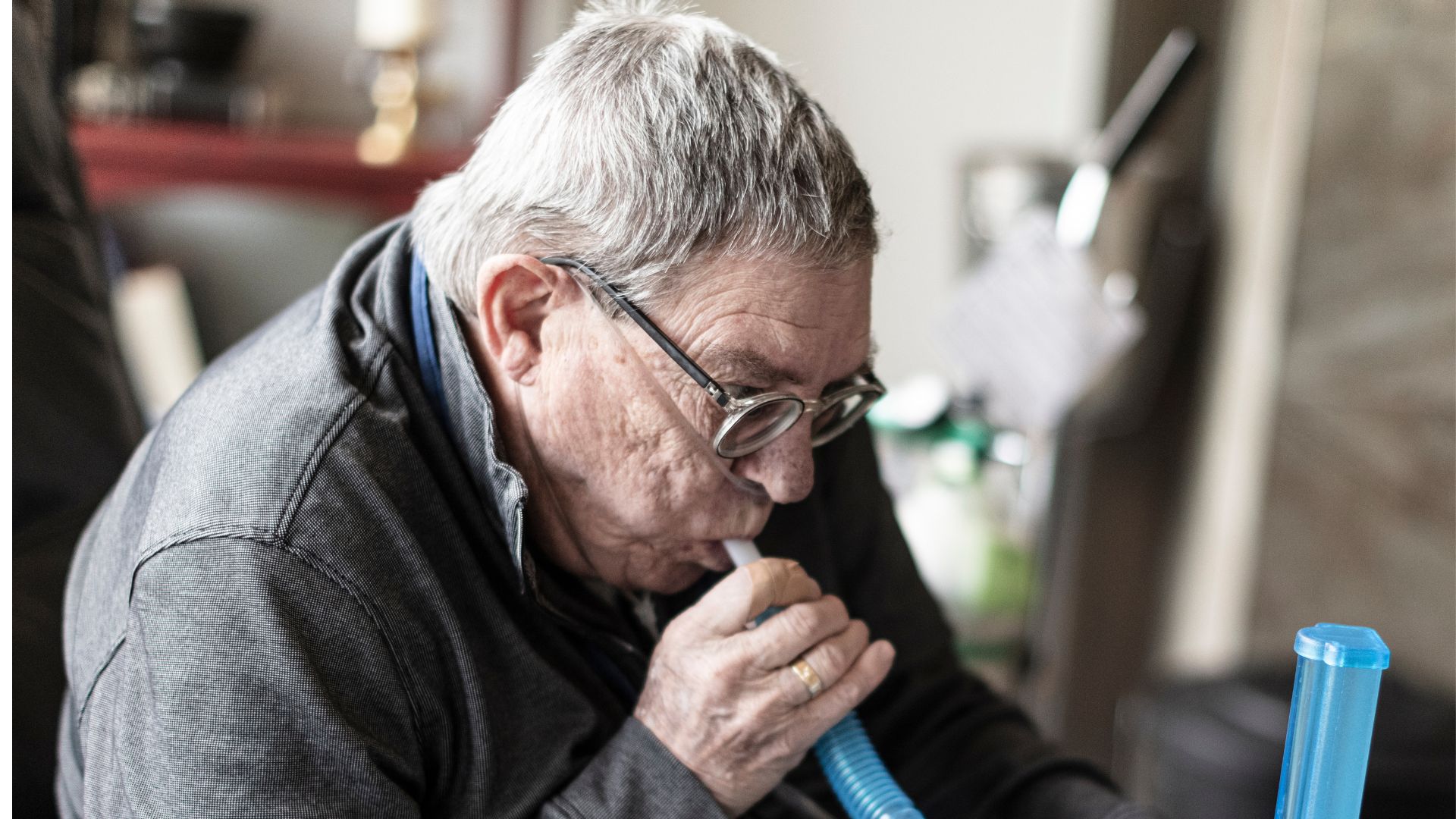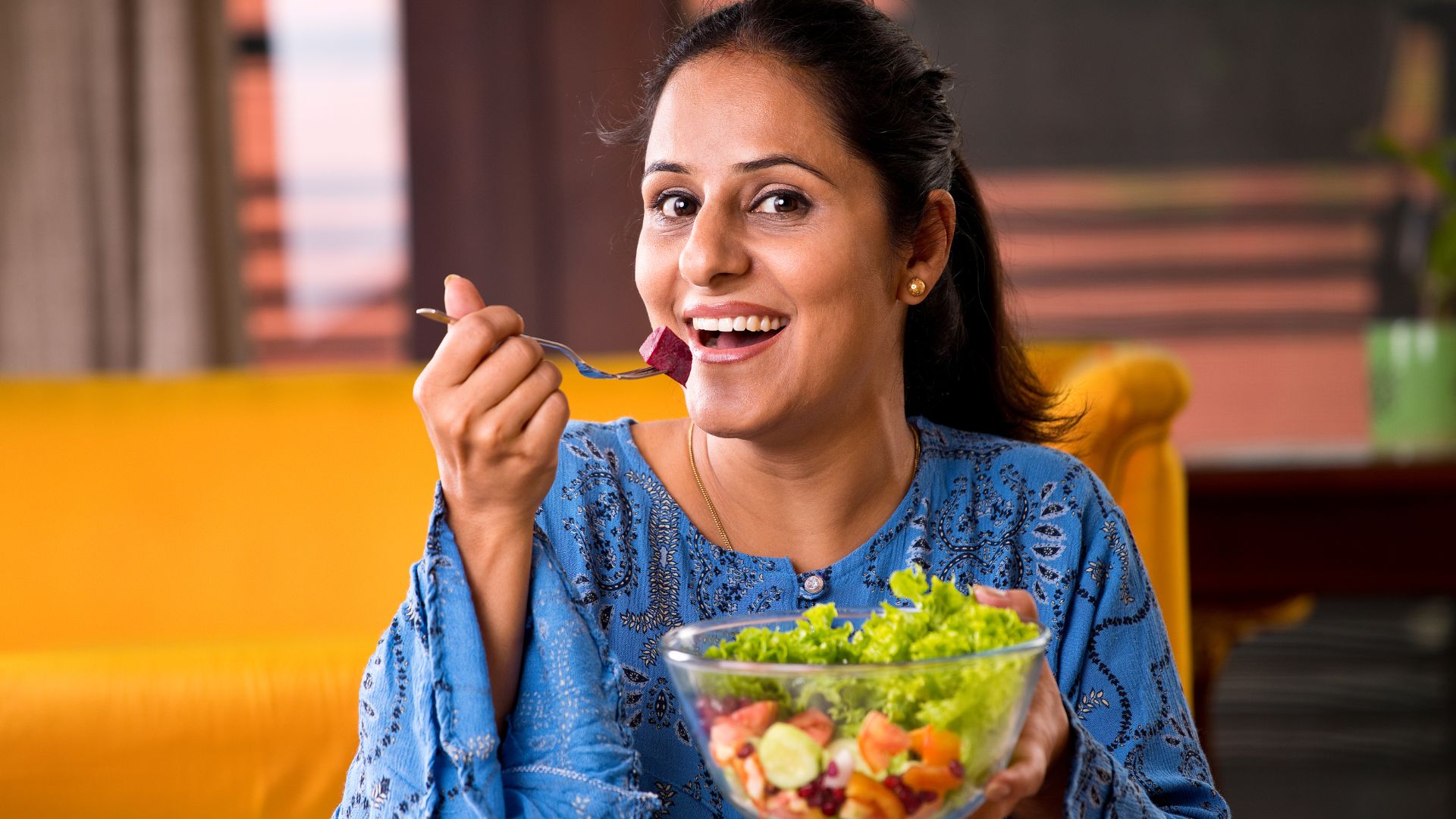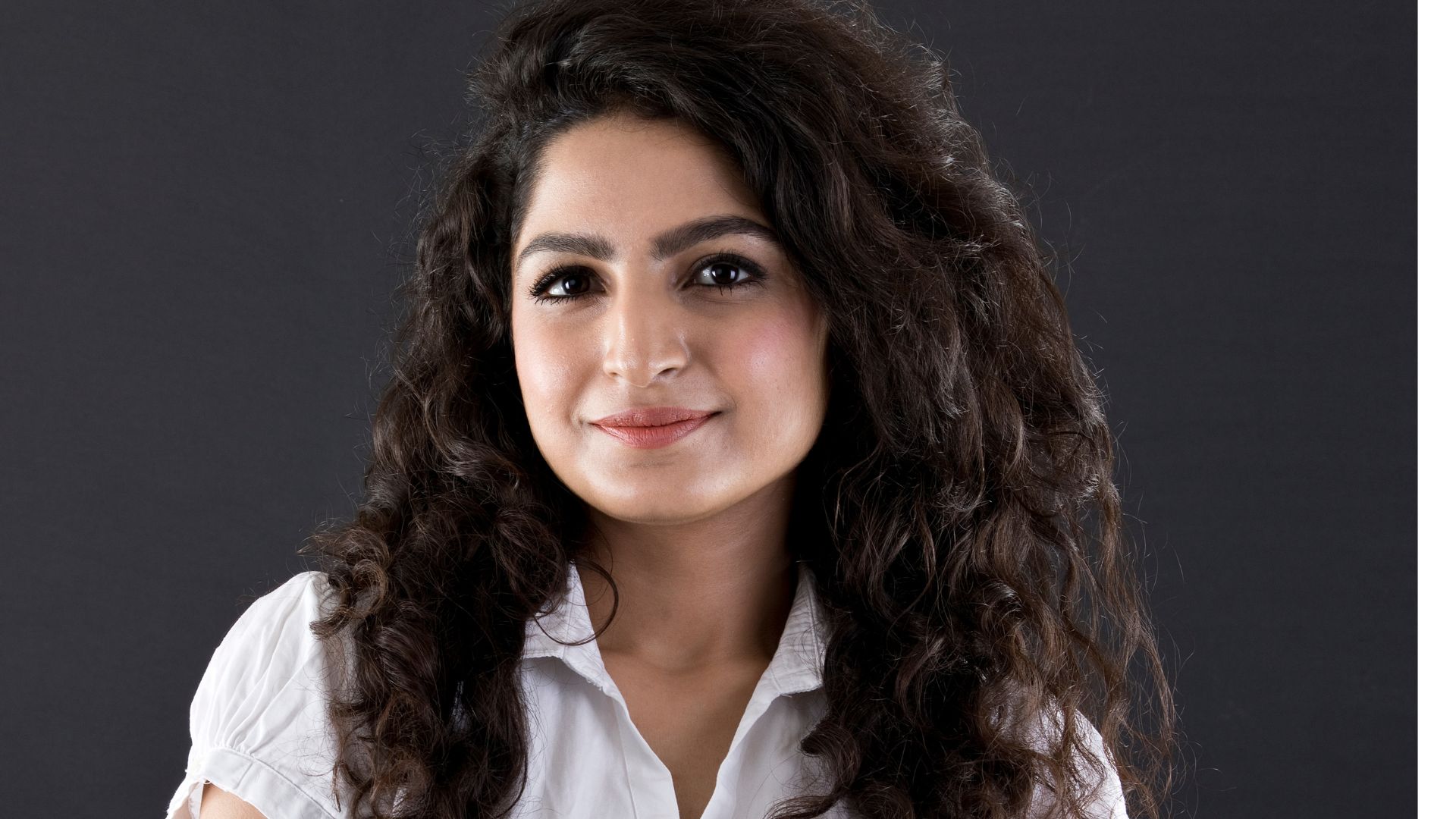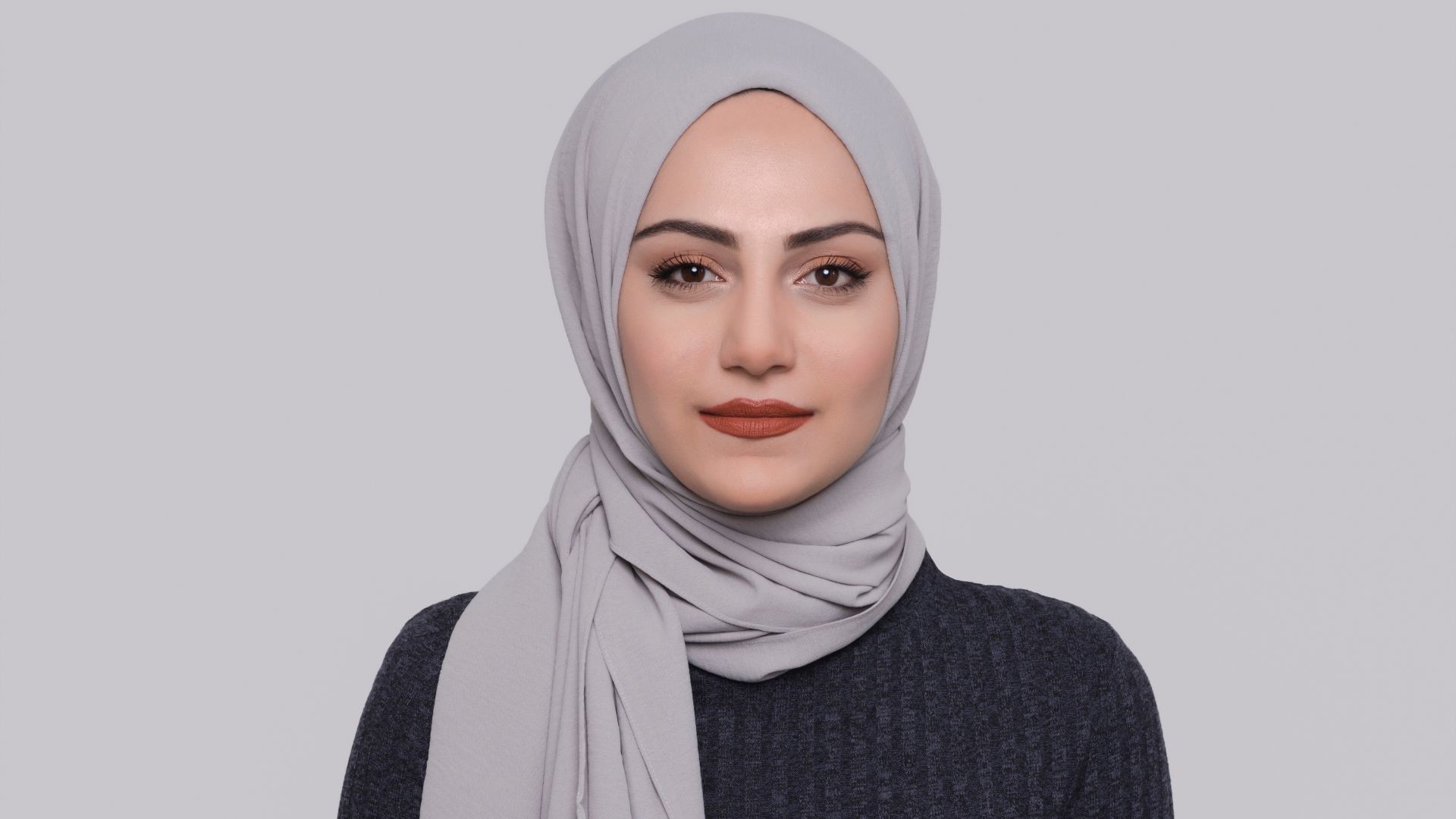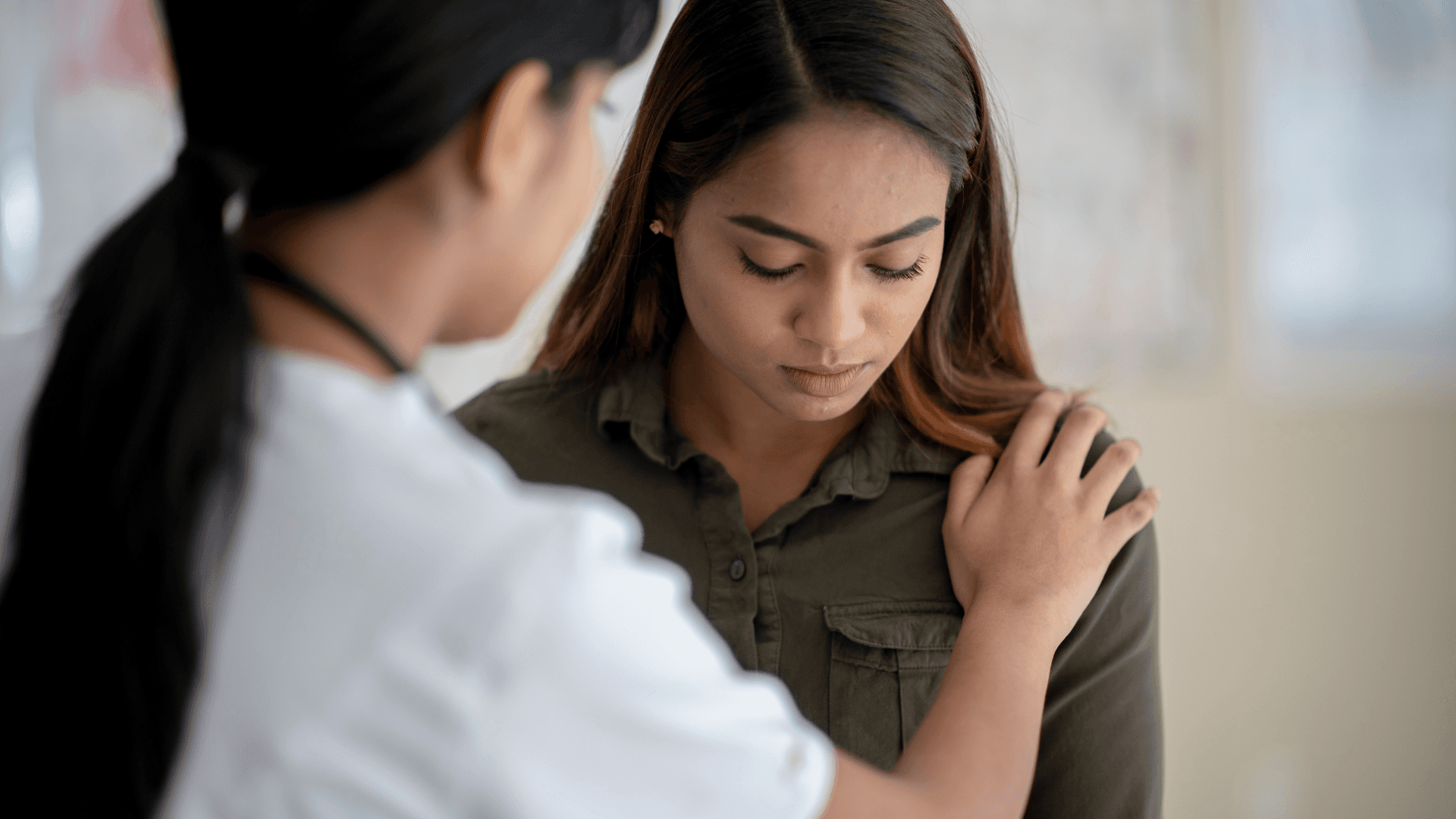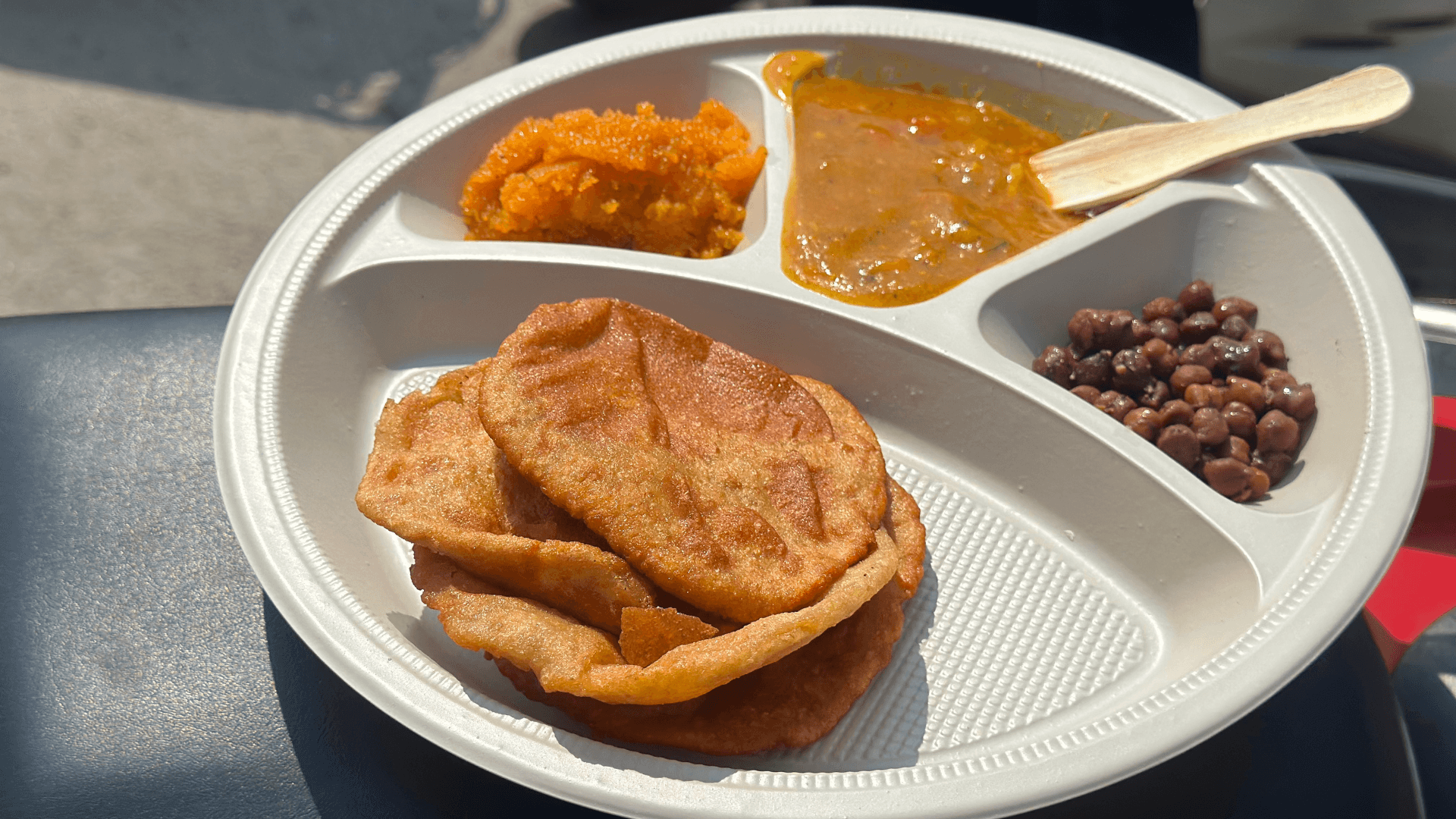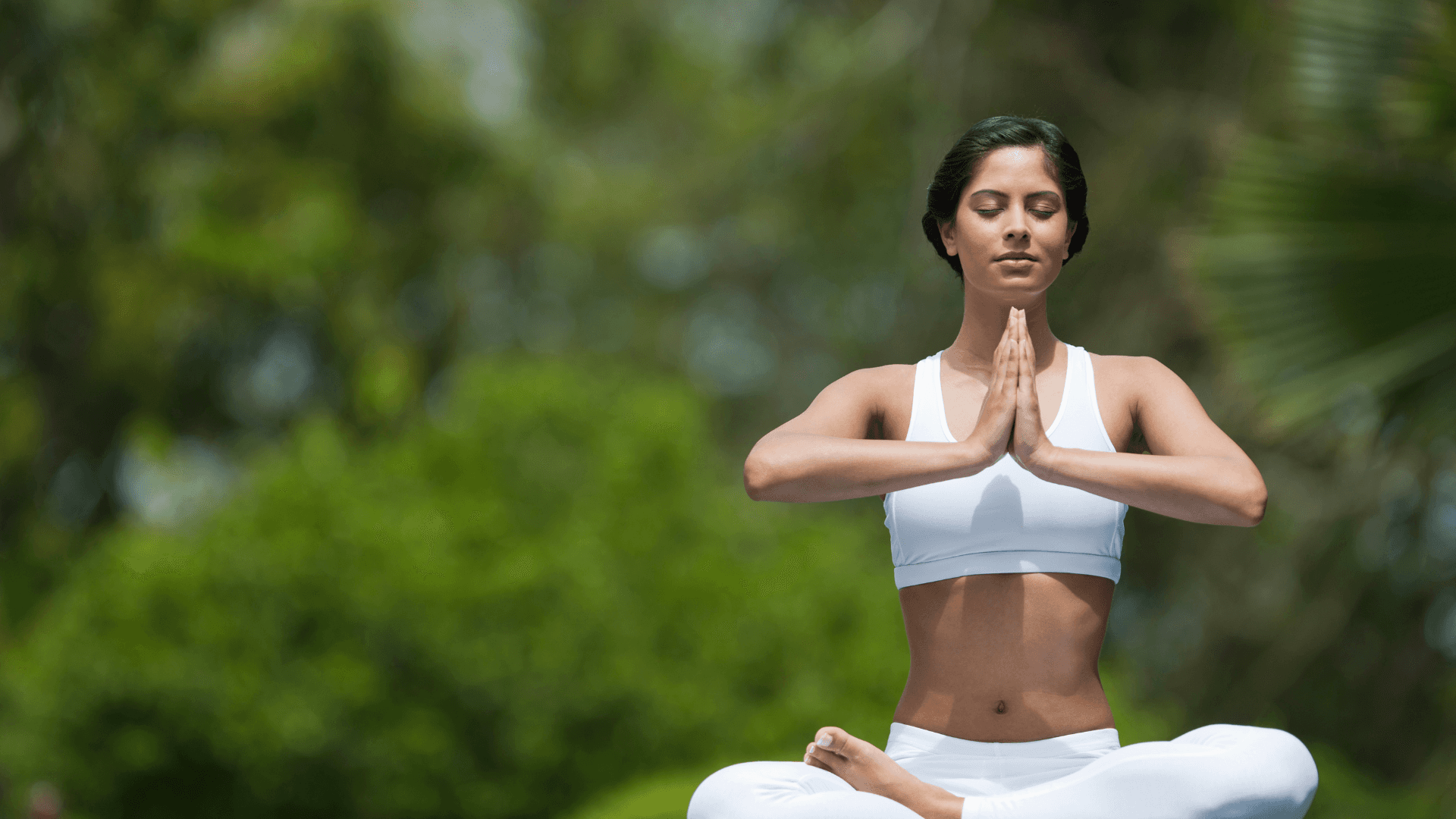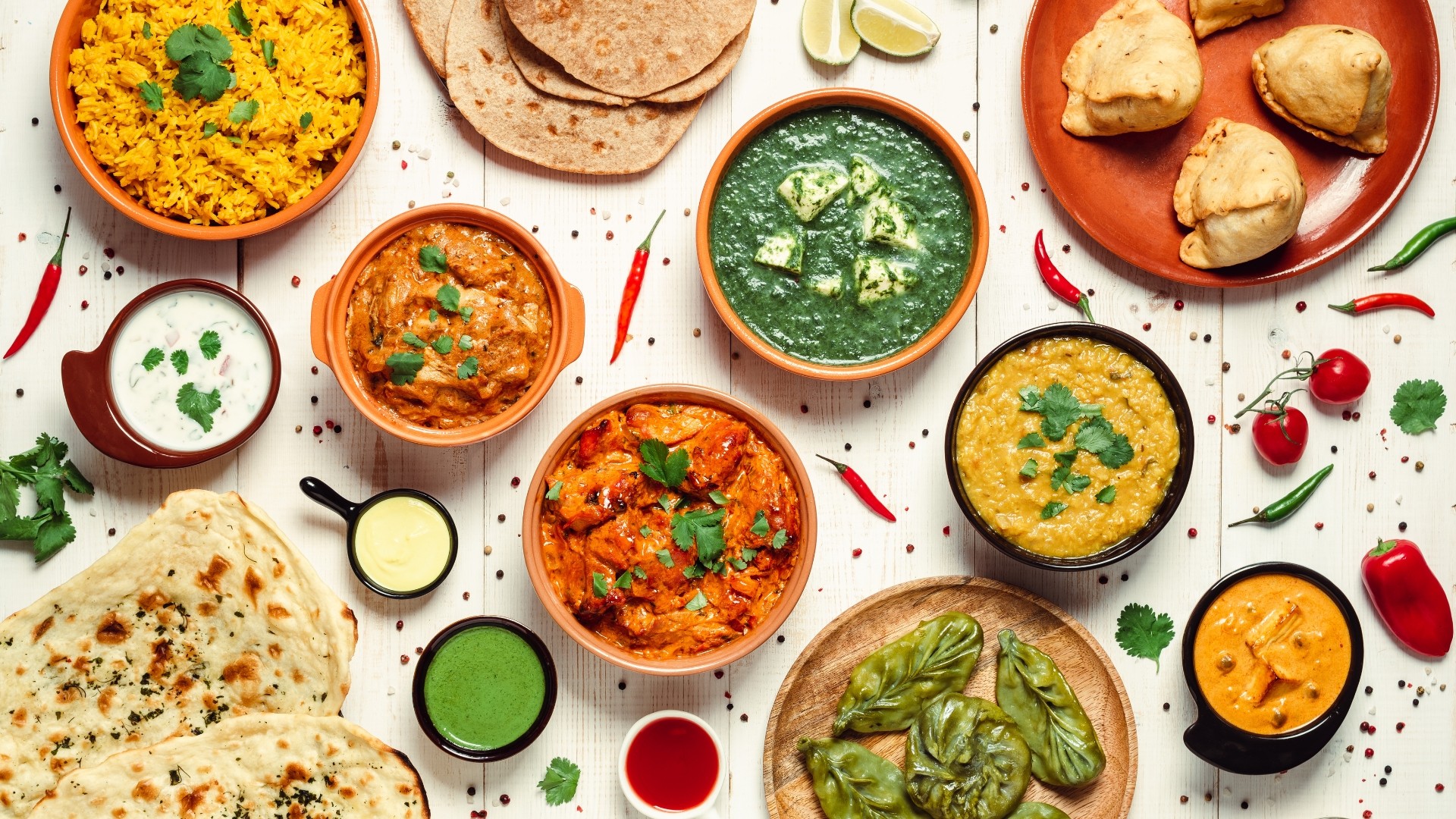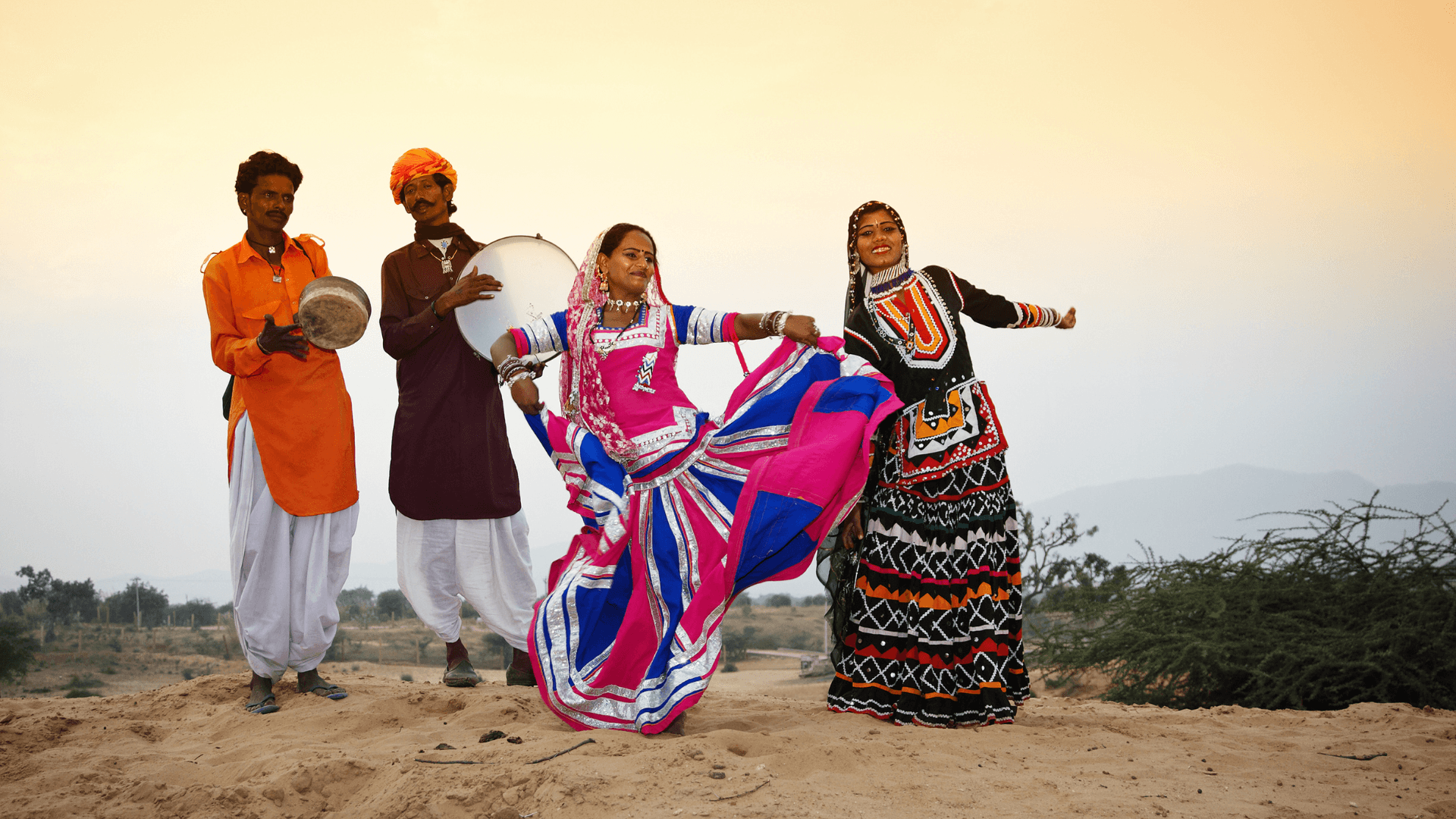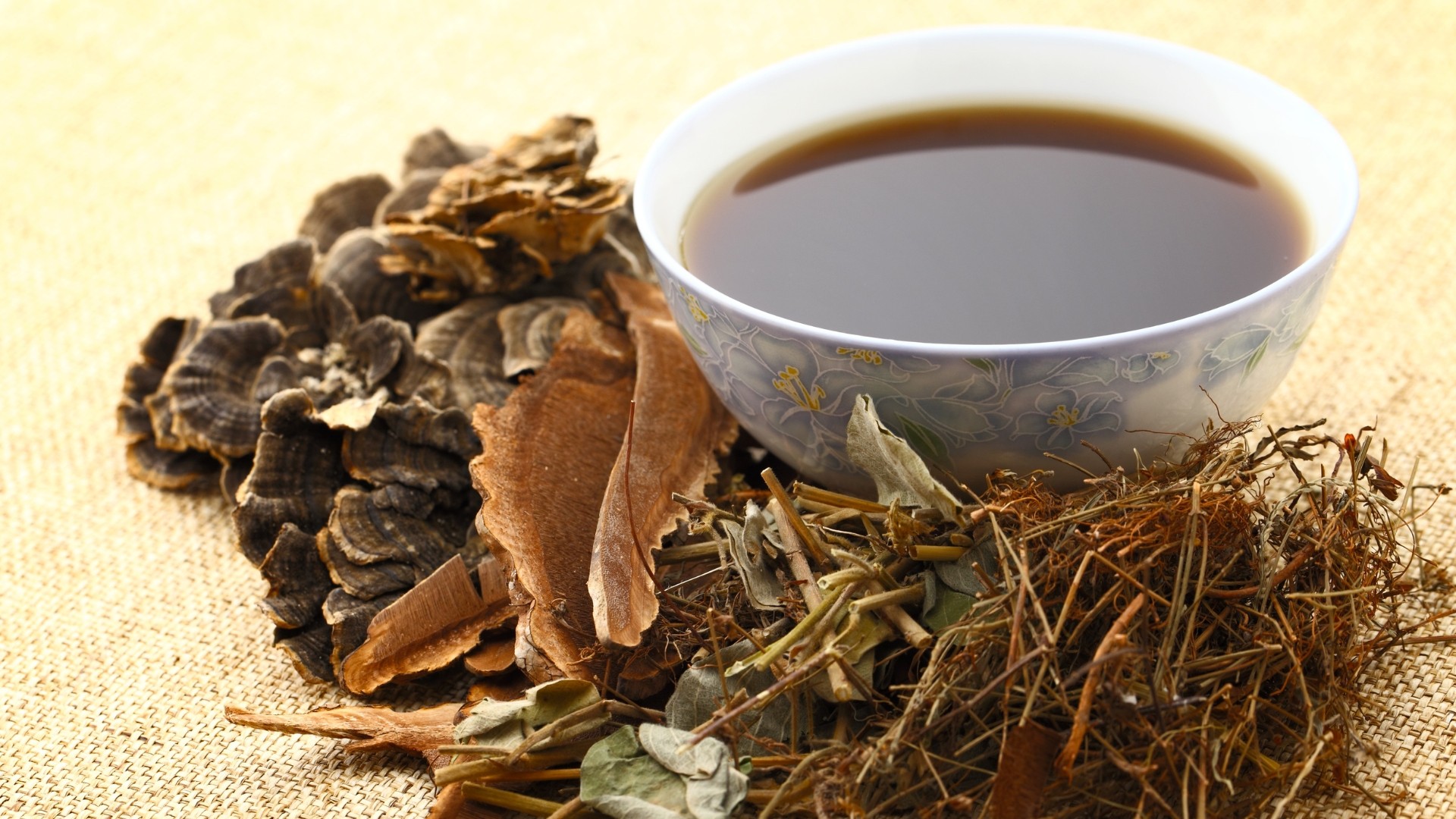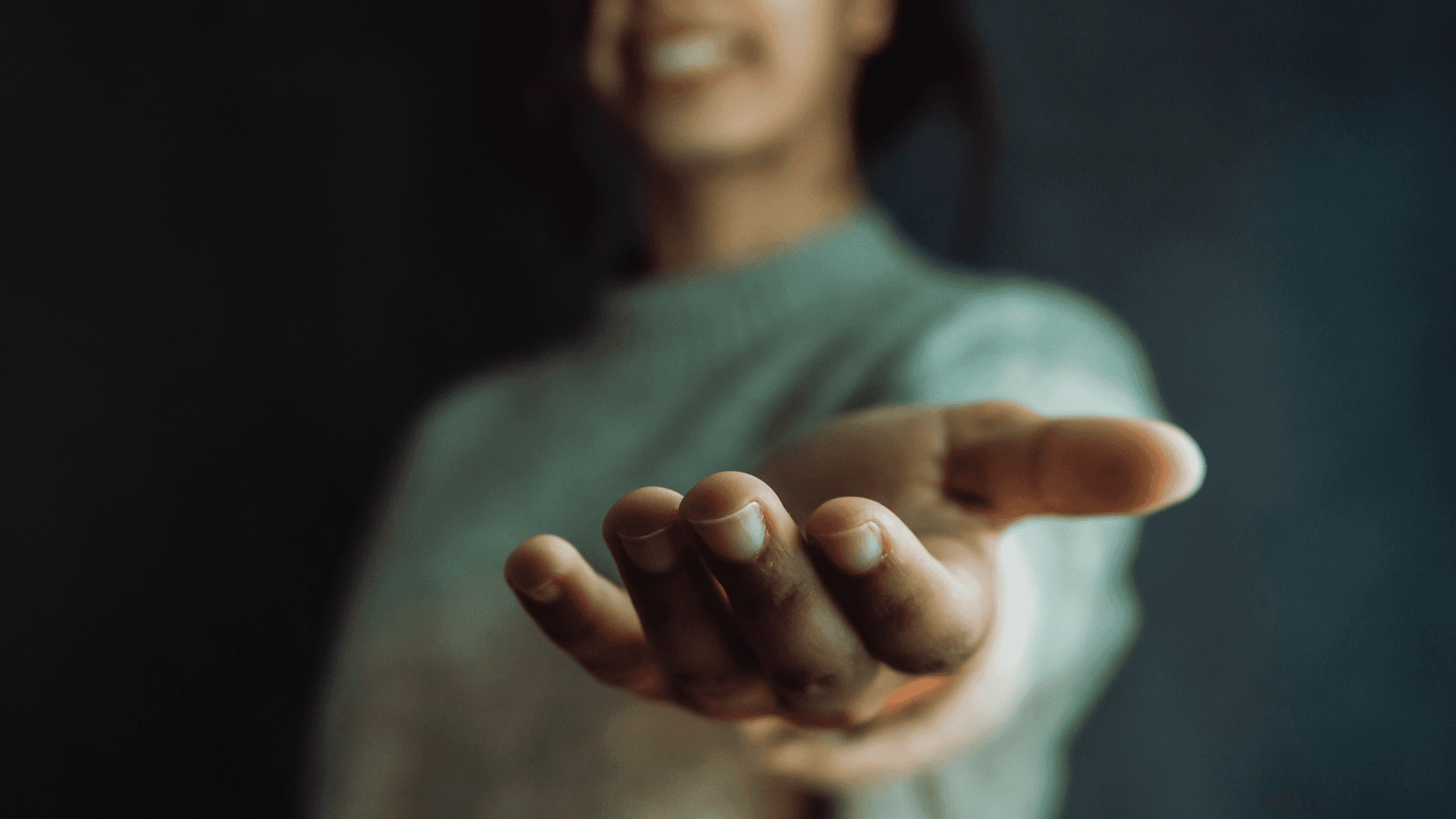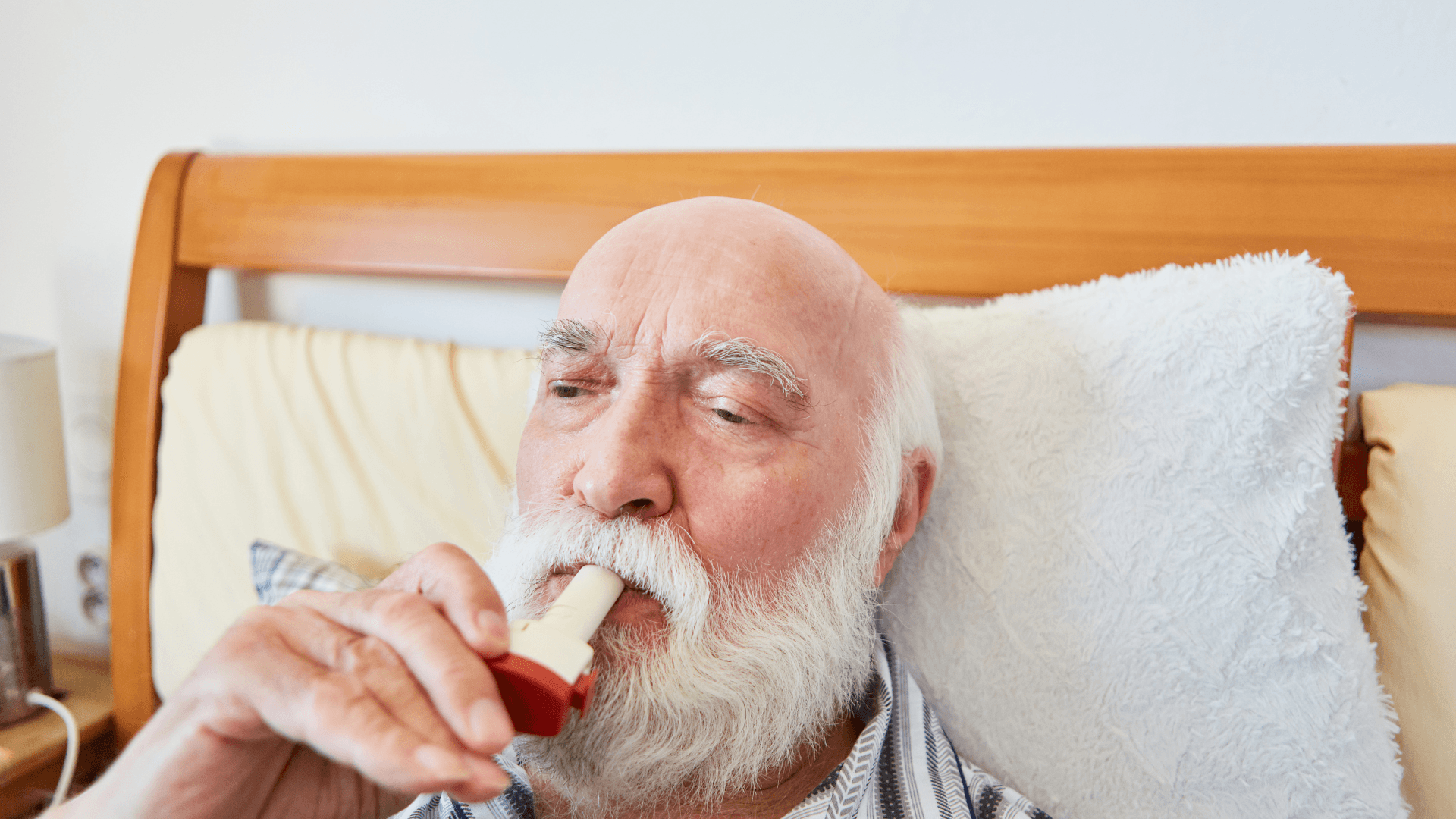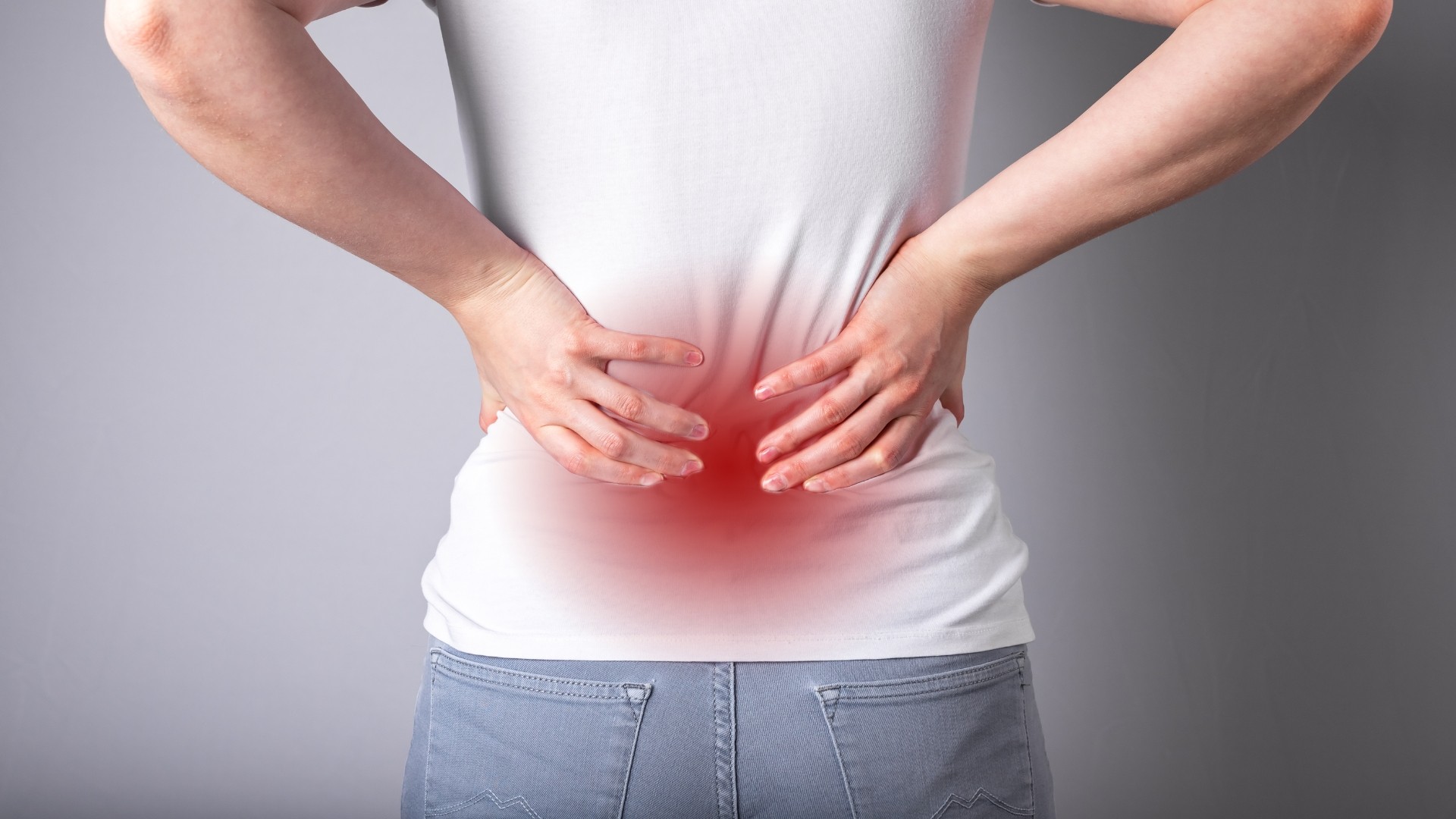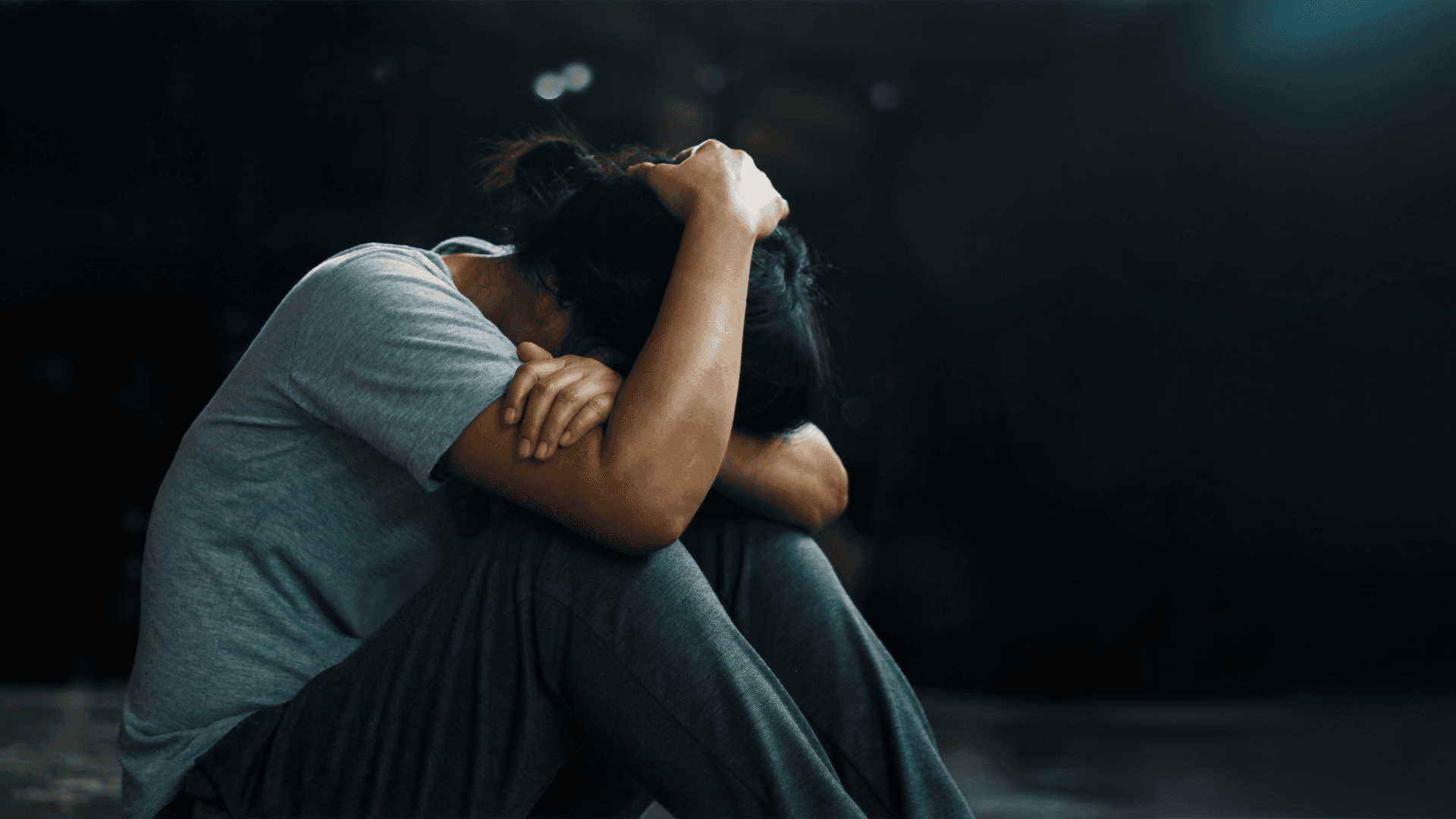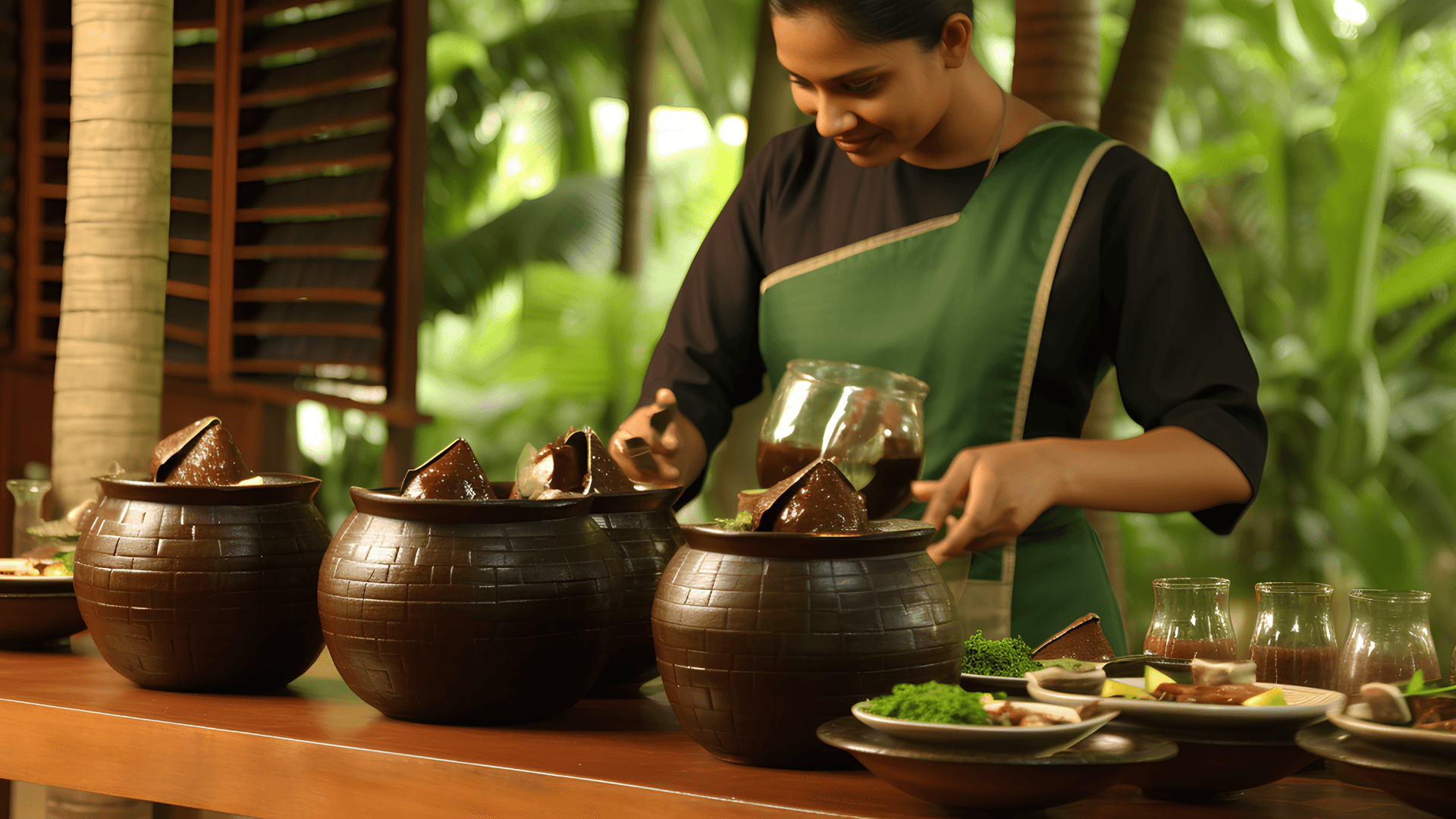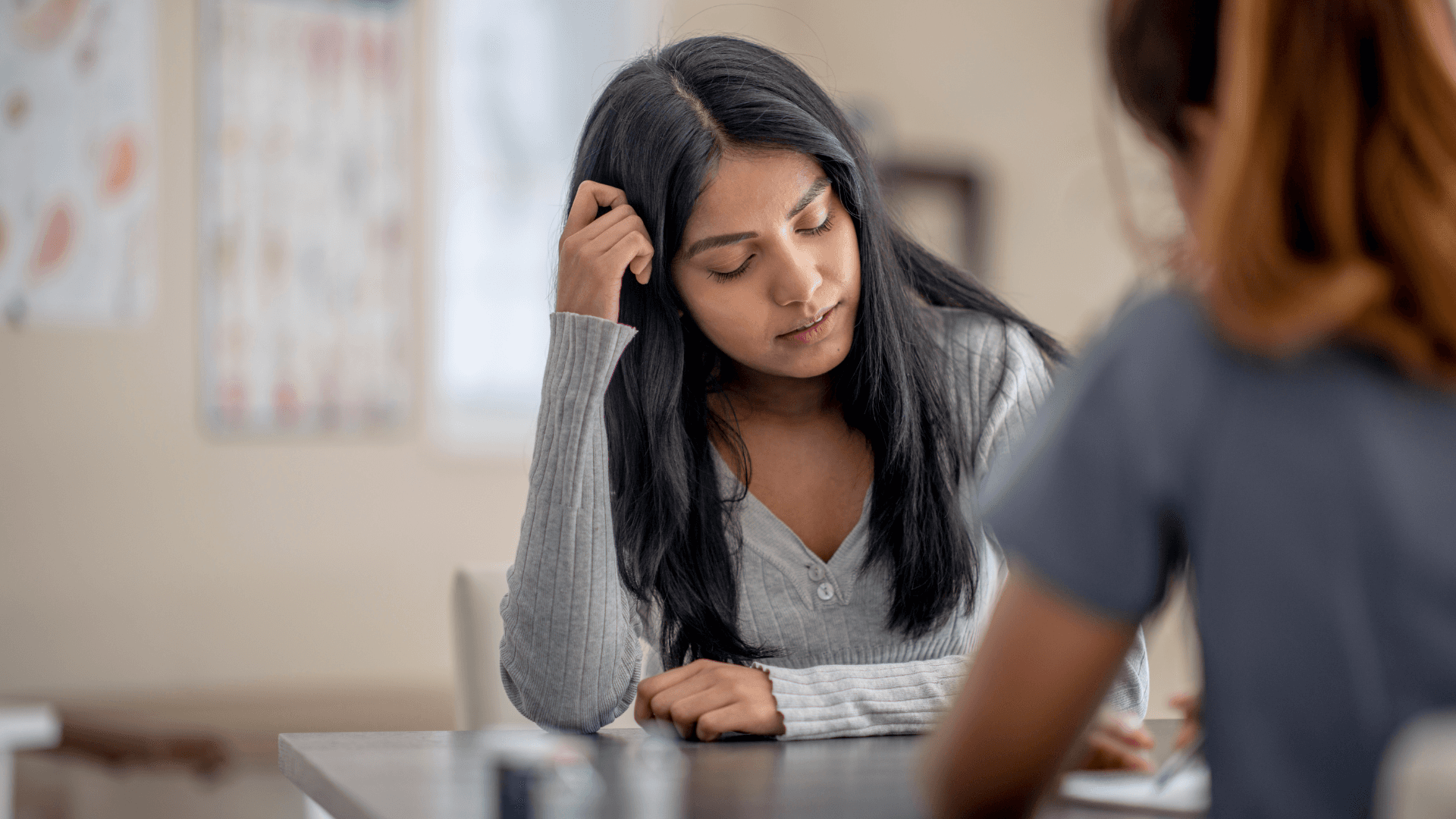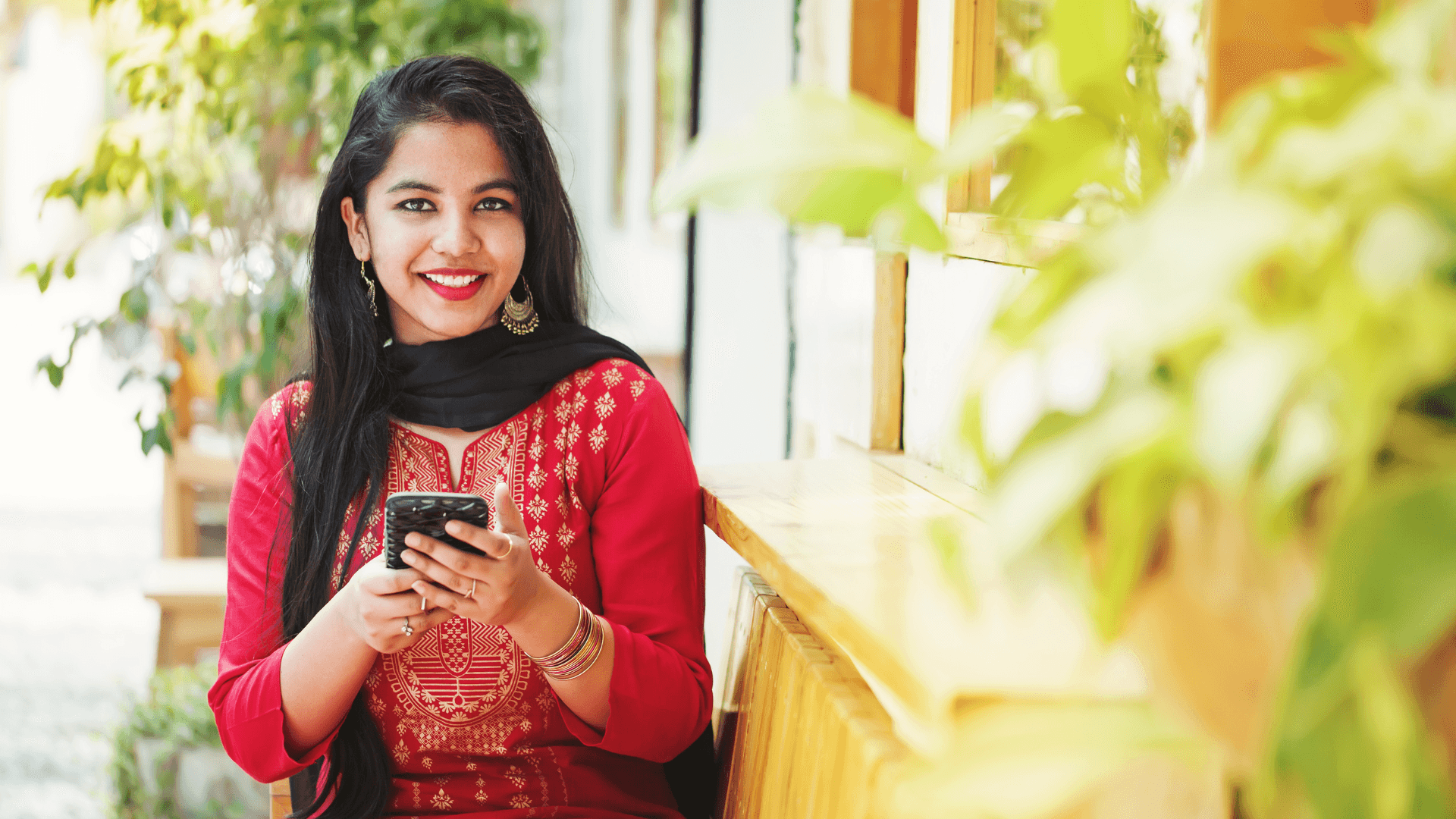Jan 31, 2024
Type 2 diabetes is notably more prevalent among British South Asians, with a fourfold higher occurrence compared to the general population. This group also faces an elevated risk of diabetic complications, attributed in part to low levels of physical activity. However, the factors impeding or facilitating physical activity in South Asians with diabetes remain largely unexplored. This qualitative study delves into the perceptions and experiences of physical activity among Pakistani and Indian individuals (n = 32) managing Type 2 diabetes.
Participants' Profiles:
The study included participants from diverse backgrounds, such as Mrs. Khan, Mr. Rahul, and Mrs. Navdeep, spanning various ages, ethnic origins, and religious affiliations. Their self-reported fluency in English, years since diagnosis, and migrant status varied, providing a comprehensive overview of the challenges faced by South Asians with Type 2 diabetes.
Barriers to Physical Activity:
1- Roles, Norms, and Responsibilities:
Many participants cited lack of time and familial obligations as primary barriers to incorporating physical activities into their daily routines. A strong work ethic and cultural norms emphasizing family obligations made it challenging for respondents, even in retirement, to dedicate time to exercise without feeling a sense of guilt or selfishness.
2- Fear and Shame:
Female respondents, in particular, highlighted cultural norms restricting their outdoor activities, especially after marriage. Fear of judgment and vulnerability, coupled with language barriers, hindered their ability to engage in physical activities independently.
3- External Constraints:
Cultural taboos and the absence of single-sex facilities with same-sex instructors hindered individuals, especially women, from participating in activities like swimming or gym workouts. Climatic conditions, notably cold weather, further discouraged outdoor activities.
Perceptions and Experiences of Disease:
1- Co-morbidities:
Health problems such as asthma, joint pain, and breathlessness compounded the difficulty of engaging in physical activities. Participants expressed frustration and despondency due to the physical limitations imposed by these conditions.
2- Causation and Future Health:
Respondents often attributed diabetes and other health issues to external factors beyond their control, such as divine will, genetics, or environmental changes following migration. Fatalistic perceptions of aging and declining health created a sense of inevitability, impacting their motivation for long-term lifestyle changes.
3- Diabetes Triggers Irreversible Decline:
The diagnosis of diabetes was frequently associated with a perception of irreversible bodily decline. Participants felt a loss of vitality and strength, leading to a demotivational effect on physical activity.
Discussion:
While some challenges identified may be shared across ethnic groups, cultural and social factors specific to Pakistani and Indian populations necessitate a nuanced approach. Health promoters should consider collaborating with cultural norms, emphasizing familial roles, and addressing the lack of socialization into physical activities, especially among women. Fatalistic perceptions of health may require education strategies that align with individuals' religious beliefs and experiences. Flexibility in activity recommendations, consideration of indoor pursuits, and the integration of immediate gratification elements could enhance the efficacy of physical activity promotion among South Asians with Type 2 diabetes.
Conclusion:
Understanding the intricate interplay of cultural, social, and individual factors provides valuable insights for developing tailored strategies to promote physical activity among South Asians managing Type 2 diabetes. A holistic and culturally sensitive approach is recommended to bridge the gap between awareness and practical implementation of lifestyle changes.
